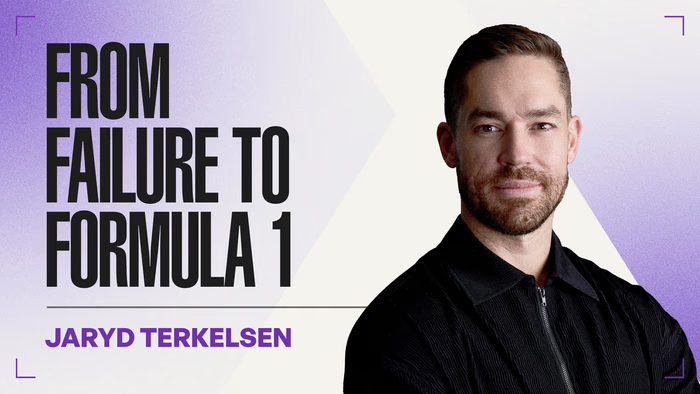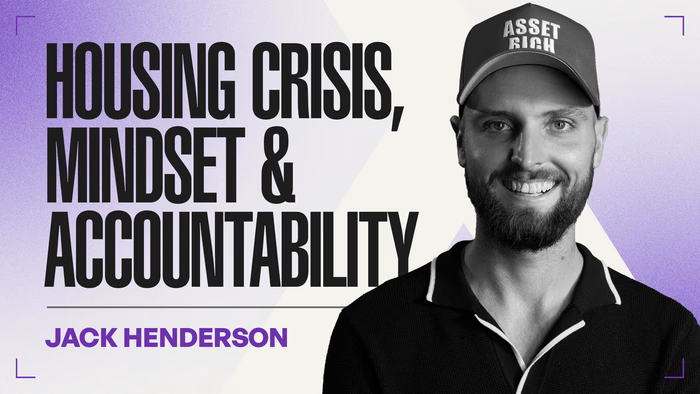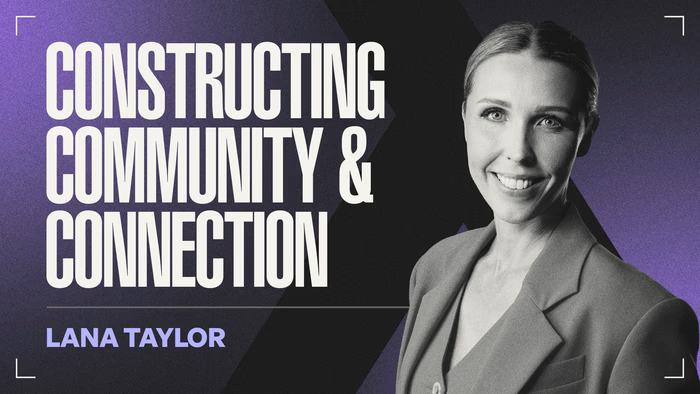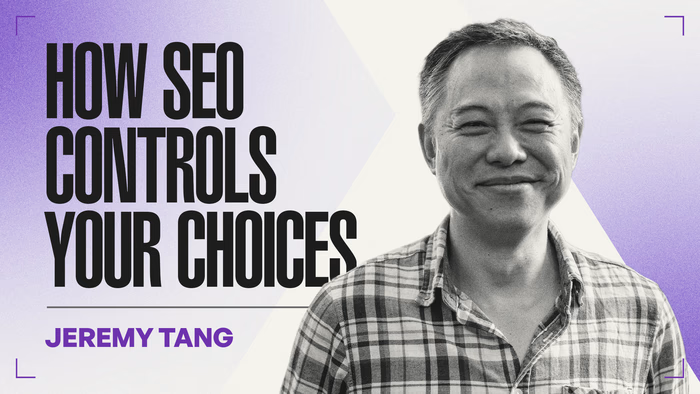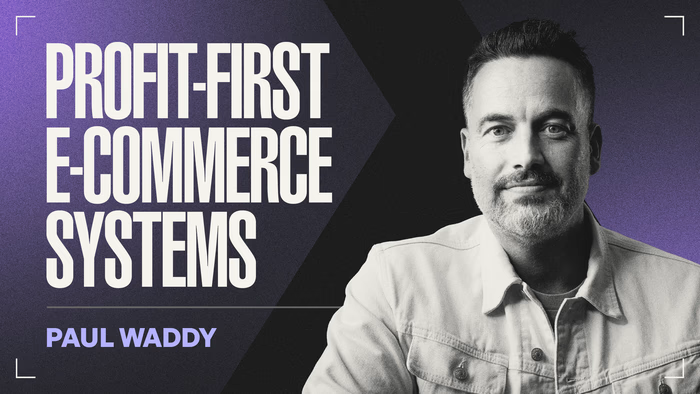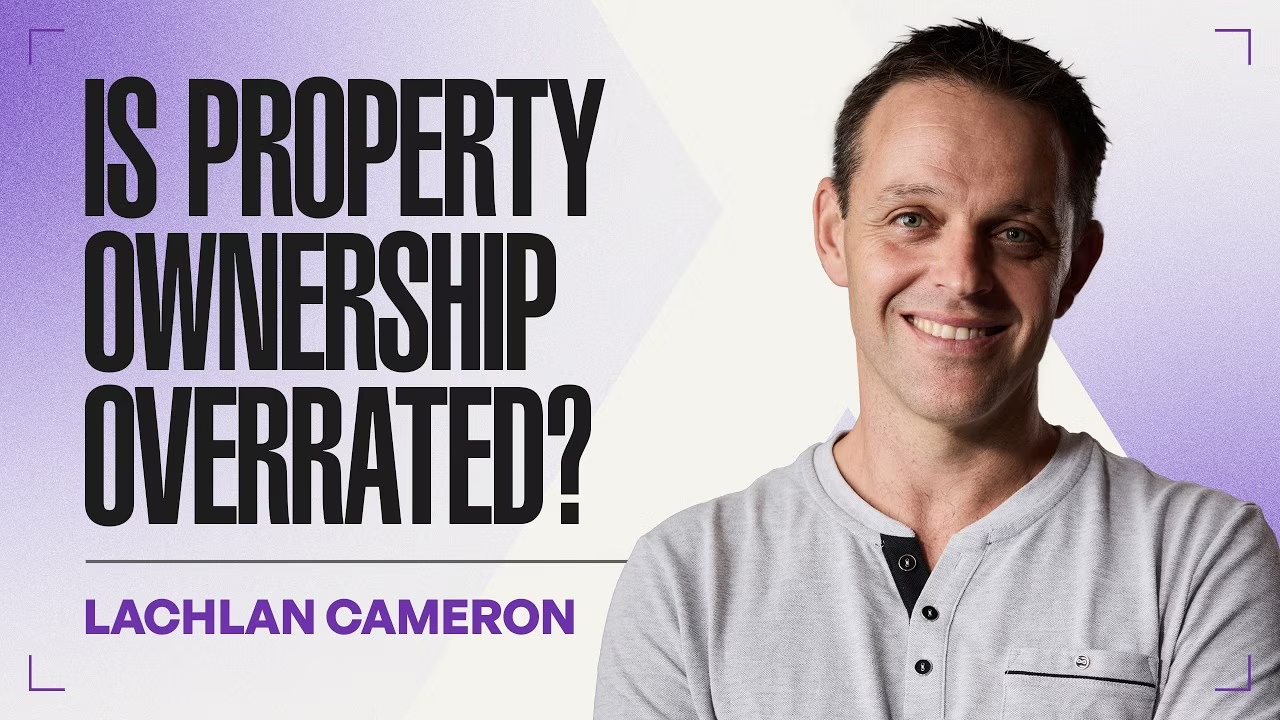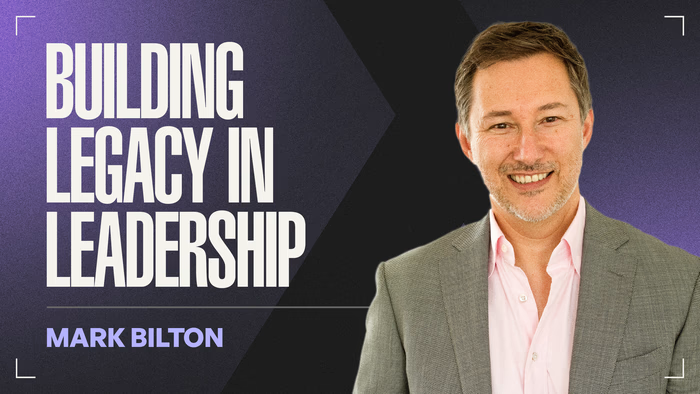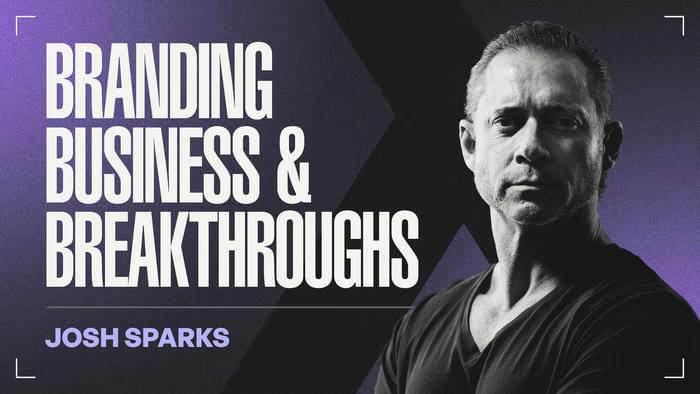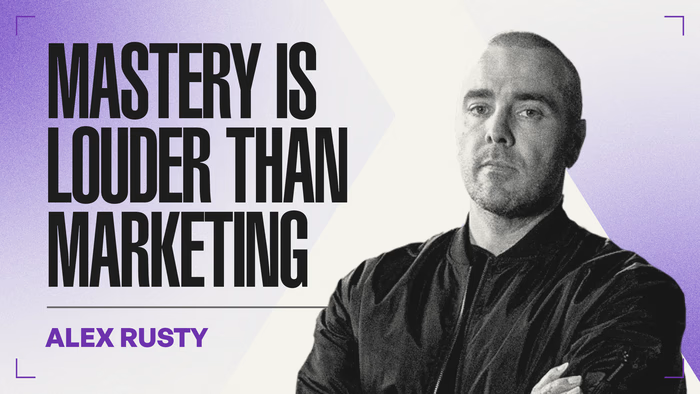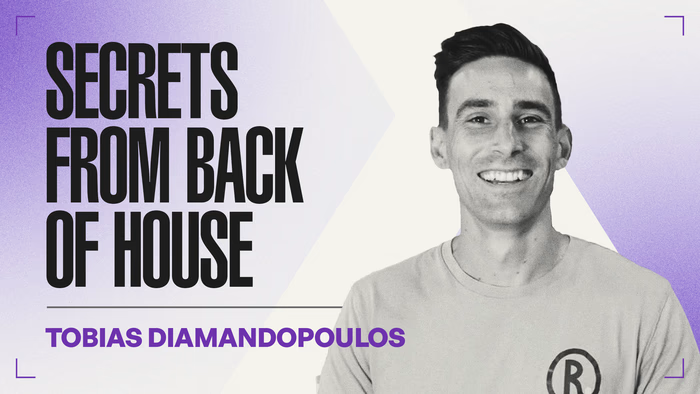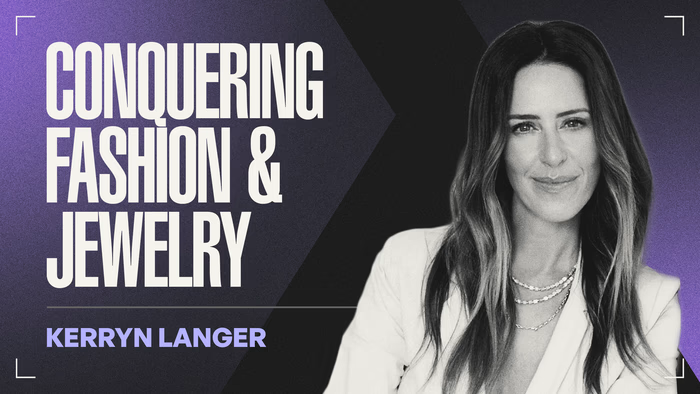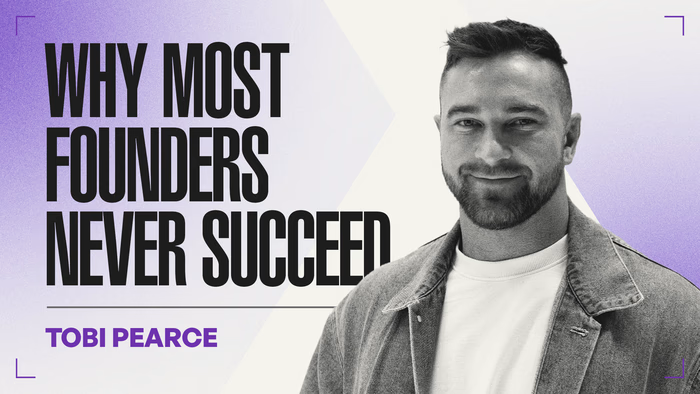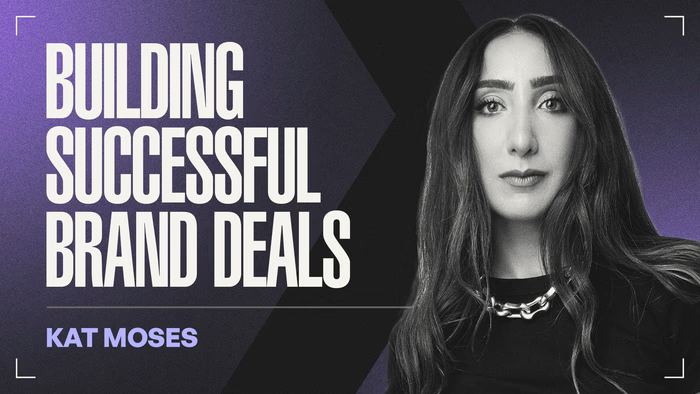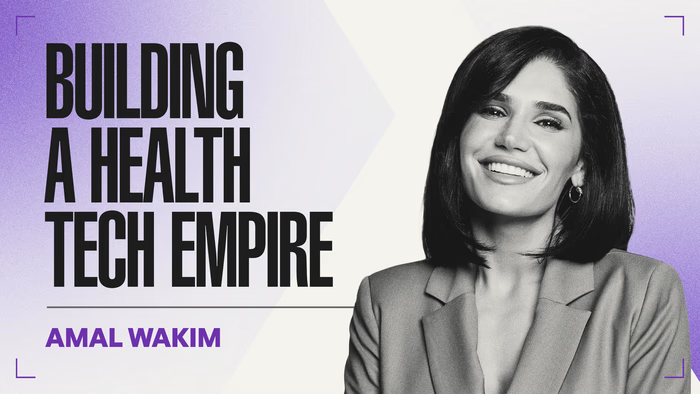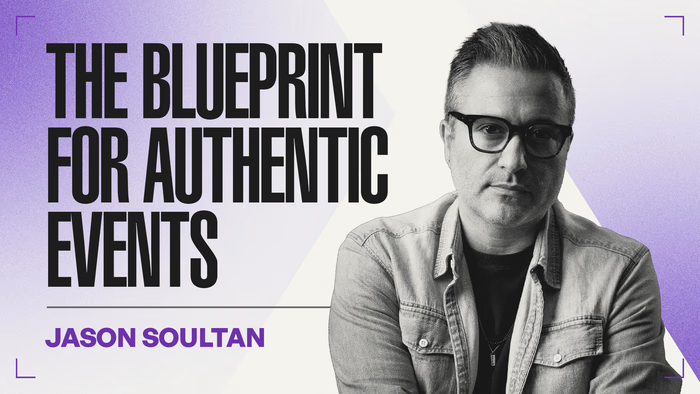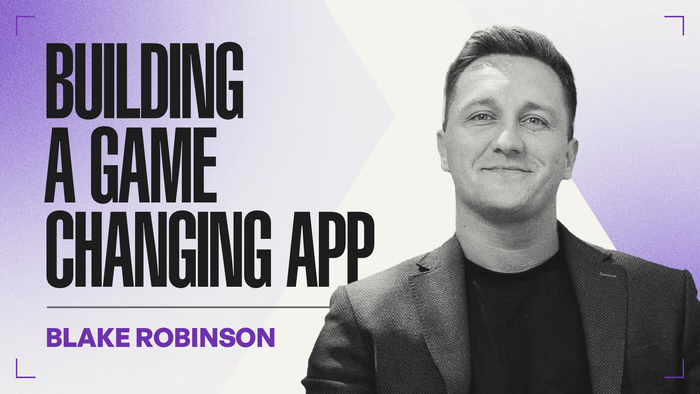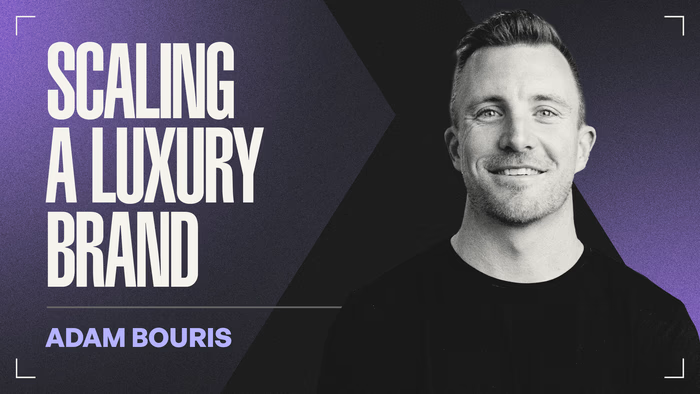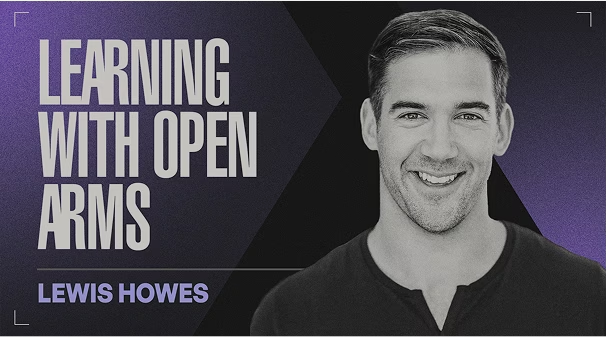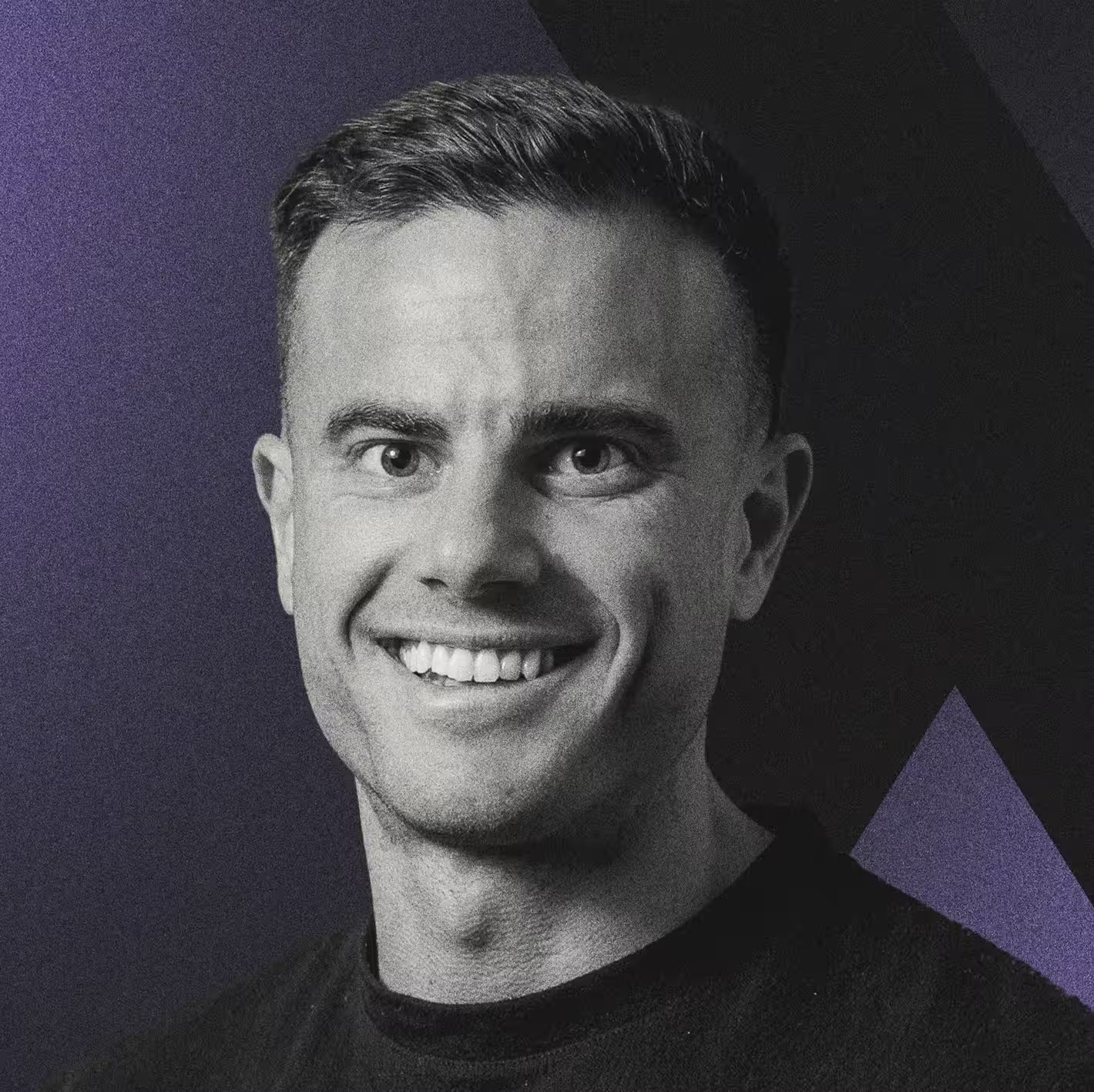


TLDR
Summary
The interview features Frank Greeff, co-founder of the successful real estate tech company Realbase ($180 million exit) and founder of The Founders Table. Frank shares candid insights into the emotional and strategic realities of entrepreneurship, emphasizing the need for humility, adaptability, and high-leverage thinking to successfully scale a business.
Frank's entrepreneurial journey is segmented into distinct phases, arguing that the mindset must radically shift as a business grows. In the early stages (≤10 people), the founder is the "individual contributor," measured by their own brute-force output. However, beyond that, the role must transition to a "highest leverage activity" model, where the founder acts as a coach and vision-setter, aiming for a 5-10% increase in productivity across a large team.
Entrepreneurial Mindset and Growth
- The Growth Challenge: Frank views business activity in three modes: Growth, Maintenance, and Destruction. True success comes from the willingness to constantly destroy old, inefficient systems and processes.
- Emotional Regulation: Entrepreneurship is at least 50% emotional regulation. Founders must learn to manage the emotional baggage of themselves and their teams, recognizing that obsession often spills over into personal life.
- The Paradox of Control: The key barrier to scaling is the founder's perfectionism and unwillingness to delegate—a deep-seated insecurity rooted in the founder wanting to remain the "savior" of the business.
- High-Leverage Activity: For a business to succeed in the modern era, the founder's most potent task is content creation and building distribution. He argues that the highest ROI minute-by-minute is spent making content, as it acts as a sieve for talent and a driver for attention.
- The "Zero" Strategy: Frank advocates for the humility to start from a baseline of zero in any new market, embracing the attitude that every opportunity requires a fresh start and a willingness to look foolish. He documents his own new business ventures on platforms like TikTok to prove this principle.
Highlights
- Scaling Metric: Beyond 10 team members, the founder's mindset must shift from "individual contributor" to coach; the goal is to increase the team's output by a small percentage across the board.
- Emotional Regulation: Entrepreneurship is at least 50% emotional regulation because the obsession and cognitive load of the business inevitably impact personal relationships and mental health.
- The Rat in the Bucket: Emotional resilience is built on hope. Frank uses the study of a rat surviving for 48 hours with a moment of hope to illustrate that a long-term vision is the fuel that allows founders to endure hard times.
- The Paradox of Control: The biggest ceiling on growth is the founder's unwillingness to delegate and let go of the control required to sustain a small business.
- Highest Leverage: The most potent and cost-effective activity for a modern founder is consistent, high-value content creation, as it serves as a talent sieve and a distribution engine.
- The Talent Sieve: Frank's content acts as a sieve, ensuring that only people who truly resonate with his mission and personality apply for jobs.
- Core Skill Set: Frank ranks the most valuable founder skills as: Communication, Adaptability to Change, and a Continuous Learning Mindset.
- The Three Stages: Business activity is always in one of three states: Growth, Maintenance, or Destruction; stagnation is not an option.
- Final Mantra: Frank's life motto is: "It's not about how hard you can hit, but how hard you can get hit and keep moving forward."
- Self-Awareness: He believes everyone should start a business to truly understand the journey, but acknowledges that not everyone should finish if they lack the required resilience.
Transcript
00:00:00 - 00:01:08
Let me share you what I believe is the most powerful thing a founder can have. Frank Greeff was the co-founder of Realbase where he achieved an impressive $180 million exit. He's the host of the Chew the Fat podcast and the author of Eat with Purpose, a cookbook that aims to raise a million dollars for children's cancer. As a founder, I can have three M's degrees, four doctorates, and seven PhDs. I just hire them. Frank is the founder of the Founders Table, a platform for unfiltered discussions
00:00:34 - 00:01:35
among Australia's top business minds. He brings a wealth of entrepreneurial experience and a passion for open dialogue to any conversation. Good God. Tell you what, side note, the questions today, you've just you've really like I know the product is really good. Where did you get the signals from? And of course, it's friends, family, and community. That is not the right place to get your signals. Why? Because people don't want to let you down. There are always times where your
00:01:05 - 00:02:04
workload as a founder starts to increase and your ability to do things at home starts to decrease and then you get home and you have that conversation like you haven't really been present this week and you're like people saying that anyone can be an entrepreneur. Does that mean everyone should start a business? The reality is no because [Music] I would like to welcome my dear friend Frank Greeff to the agency podcast. Thank you, sir. Uh it's a lot to uh follow there. I feel like I better deliver. You
00:01:39 - 00:02:33
you're certainly the kind of guy that kind of wears your heart on your sleeve. You know, you don't like to take things too seriously. However, when it comes to building a business, uh you're nothing short of an absolute beast. Oh, thank you. Thank you, D. I would I would say that I think from your experience and what you've been able to accomplish in the Australian marketplace um is impressive and and we only hope to follow suit. Um now you've spent time with entrepreneurs at every stage of
00:02:05 - 00:03:09
business. If you look at it as not a holistic label that fits everyone and you were to fractionalize um entrepreneurship, how would you break it down into different stages? Like what cohorts would you break it into? Dane, [ __ ] hell. I like it. Um, okay. So, let me start here. Uh, I I always like to do this, right? Because people will will jump on and share information and they'll kind of share it like the the the holy gospel like this is it or these are the exact stages and breakdowns. Um, the lens I like to take
00:02:40 - 00:03:35
is this is what I've experienced so far, but there's so much more to the world that I need to experience in order to really um crystallize my views on it. I think um you know who who have we seen so far? Who have I met? There's the uh you know the upand cominging stareyed uh who who's who's very excited about what the future holds. Let's call that the blue sky entrepreneur. Uh in that same kind of category, it's the the realm of possibilities. You know, the one that is
00:03:08 - 00:04:08
um always is kind of on the precipice of starting their next venture. Uh but all the process of talking about that brings them the dopamine hit but they never actually take the actual leap. You know what I'm saying? Yeah. Yeah. We see a lot of those. The one that has been running the Instagram bio entrepreneur for the last 10 years but never really started. Now don't don't want to take a negative right now. Then you have the I guess the the expectations meets reality where you you you now actually starting
00:03:38 - 00:04:30
the world of business and you've got to take that that idea you had and and push that through the realities of the marketplace. And I think this is where the journey really begins for people. Um and that's where a lot of the learnings start because when you look at things on the in a spreadsheet or back of the envelope maths like you can make any idea the next billion dollar idea. You know, I've I've met people um in those early stages which like literally straight face showed me a pitch deck
00:04:04 - 00:05:10
where, you know, their logo far above exceeds that of Meta and Airbnb because of the potential of the you know, of the opportunity that's in front of me. Um and those same people never launch that business, right? So, you know, then we we start taking it different levels. Um I think the the next stages is kind of like you're starting to scale and you're starting to grow. And I think the the for those kind of you know 1 to 10 million um it's about like the sheer force and the energy that you the
00:04:36 - 00:05:41
founder has and the ability to take setbacks but as you start to increase uh the revenue from there who you need to become to get there fundamentally needs to shift and I'll get specific on that depending on the type of business. So let's say that business is like a tech product or it requires a lot of people. You start to realize when you get to a certain number of team members in your organization, you the leader only have so many levers you can pull. Um in the early days you have this ability where you know okay if
00:05:10 - 00:06:05
I if I want something done I can roll up my sleeves and get it done. As your business starts to scale and you have more people you realize like if I roll my sleeves up and get it done maybe I can account for like increasing five people's output but there's like another 20 people in the business. The mindset, the mindset that is required is how do I see talent? How do I place a vision over the organization where we're all striving towards and how do I coach people and bring them up into places
00:05:37 - 00:06:31
they never thought were available? Do you think that that comes down to I guess in these stages beyond 10 million? Um, and let's let's let's rewind this for a second. So, let's take me into someone who's you know making a couple million. they're on their way to 10. At that stage of business, you're still small and nimble enough where you can roll up your sleeves and make a potent impact on your business. But beyond the 10 million, you're saying that you have to radically shift how you behave,
00:06:04 - 00:07:01
think, and operate as an entrepreneur. What are those two different frames of thinking? What's what's the 3 to 10 and then what's the 10 and beyond? It it's such an interesting um thought experiment when playing Dane and it kind of comes back to my my first kind of piece that I mentioned the challenges when we put things into like these really distinct buckets um is they don't account for all the nuances that live inside business. So, even as I share that idea around um you know, people
00:06:33 - 00:07:28
rolling up your sleeves, like I've met 26 year olds doing $36 million revenue with a team of three people doing ecom because you know that's the type of business where you can literally like leverage your money into meta equals product spitting out and and increase revenue and profit. So, all of these things I guess with a grain of salt. Well, let's look at it through the lens of maybe there's a few outliers that are crushing econ. We can agree with that. But if we if we just kind of generalize
00:07:00 - 00:07:56
business uh and um and look at it from more of a traditional sense when you're looking to scale an enterprise uh and you're trying to shoot beyond let's just say 10 million and you have a team of 30 to 40 people u what kind of gear shift is that? Yeah. Cool. So I think the the there's the the two mindsets I'm talking about. Number one is like the individual contributor. So when you're in those early days and I'll speak from my context and my um my experience. Uh, I was the number one customer service
00:07:28 - 00:08:13
agent. I handled the most volume of emails and the most volume of phone calls. And I thought at the time that was pretty [ __ ] cool, you know, like you're like wear that on your chest like, "Yeah, I'm out here rolling my sleeves up, you know?" And every month, you know, there would be a report that'd be spat out of our our help desk system and there my name would be at the top. I'm like, man, look at me go again, right? um you then start to shift where you have you know many team members not
00:07:51 - 00:08:51
just in one role which is customer support customer service and you realize like if I implement um you more brute force into this sure I can take one department and increase its output but the reality is like for the rest of the domains and rest of departments I'm going to have no impact so the mindset shifts from individual contribution to what is the my highest leverage activity I can do as a founder or leader. For me, when you have a business that's growing in terms of number of team members, and
00:08:21 - 00:09:24
I think that's probably the better better metric to look at it here. Um, as a founder leader, the the the biggest impact you can have is, hey, if I create the energy and the vision in this business and coach people, what if I could get a 5 to 10% increase in people's output across the board, right? And then if you look at, you know, let's say you have 40 team members and you're getting a 5 to 10% increase, that's a lot. And you you you as an individual can never get to that number by
00:08:52 - 00:09:47
yourself. Yeah. And I think that's where, you know, it becomes like kind of like a um a not not a team of one, but like I'm running full tilt to this this particular problem and I'm going to you bring everybody along with me to now I'm like I am here to to help those around me and it's more of a a team uh a team sport and I take I assume the role of a coach. It brings to mind a teaching that I was unpacking recently which is that there's only ever three stages of activity in a business. one which is
00:09:19 - 00:10:14
growth mode, two which is maintenance mode and then the third which is destruction mode. So at any given time as a business grows as you're an entrepreneur um only so much of your business can be in growth mode at any given time uh a certain portion needs to stay in maintenance mode business as usual. It's like what prints us money and then the destruction mode is like maybe we need to do away with old ways of thinking or old processes or old software or what have you. And a radical example of this is um General Electric.
00:09:46 - 00:10:34
They fire the 10% least performing staff year on year and they have done since the history onset of the company. So that's their version of destruction. The bottom 10% every year get annihilated. I'm not saying I agree with that, but I'm just giving you an example here. When you're running a business and and you've, you know, had a massive exit and you've had a massive team, you're wearing the resp uh the responsibility of leadership paired with needing to be kind of the lead thought leader or
00:10:11 - 00:11:01
strategist for the company. You're saying that you can only create growth mode at um a certain velocity. Whether you roll your sleeves up and do the majority yourself or try to spread that out the 10% across the board. Yes. Do you disagree with that? And if you do, explain what you think is which part to disagree with the growth, maintenance, destruction. No, no. I I think that I think that's really I think that's really sound. I think I'm going to I'm going to take a step back for one
00:10:36 - 00:11:26
second, Dane, and and share with you. Take me down the rabbit hole. Let's go down the rabbit. One of my one of my current gripes. And one of my current gripes is this. Um, in the world of social media and putting out content, um, what the world loves and the algorithm loves is when things are really black and white, you know, so when when you know when you put out a piece of content which is really divisive and and people stand on either side of the fence and you're like this is the way or this is the straight line
00:11:01 - 00:11:46
to success or this is and and there's no gray area, it's just black and white. My challenge is I think I I my brain is so nuanced that anytime I hear like um you know do you disagree with that? I I immediately don't go like I do or don't disagree with that. I'm like I'm sure that is correct in many versions but I'm also sure there's many permutations where it isn't. Um and and I know that's not necessarily helpful but I think what it is helpful for people to understand
00:11:23 - 00:12:12
is specifically when you're looking to let's say a potential mentor or thought leader to learn from. Um the challenge I see some people is they c they can't break away the the whole context of an individual because the whole context dictates um this is the framework to be successful. I just can't see the world in that way. So the way I think about it is like there is elements of what that person is talking about which are going to make sense to my world in my context that I'm going to take away. And to kind
00:11:48 - 00:12:44
of bring it all the way back there you said like you know the growth, the maintenance and destruction. I think um there's many versions of that that could be true and there would be many uh permutations and nuances where it's not 100% true right because um you know for for example uh let's take the word you know maintenance mode like by definition if you're maintaining you're going backwards in the in the climate purely because of inflation. So if you're m maintaining a business at the the same
00:12:16 - 00:13:11
revenue you did this year and last year actually you're doing you're doing far worse by anywhere it could be 3 to 7% purely because of inflation. I would agree with that. Yeah it's hard it's hard to maintain a business at a plateau and I think that you know I saw this piece by Bruce Lee where he said you can't plateau you're either growing or falling backwards. Now that I will 100% agree with. Yeah. There's no such thing as stagnation. It it doesn't really work in business. Yeah. Now around the
00:12:43 - 00:13:48
thought uh of people saying that anyone can be an entrepreneur. Yeah. Uh does that mean everyone should start a business? Definitely not. So I will I will definitely take a strong stance towards this. Um why why can't everybody start a business? I think coming back to the the social media landscape I think a lot of the times um what we do is uh we will celebrate hardships i.e. you know, forks in the road where people had to go through really tough moments of getting rejected. Um, you know, people not
00:13:15 - 00:14:11
understanding them, you know, them being too early in the market only when they've succeeded. So, when someone comes onto social media and they're like, "Hey, I haven't succeeded thus far. Everything I do fails. Uh, none of my team members believe in me." The end of the story. No one cares. No one cares because because you haven't yet succeeded and therefore it's not that interesting. And so why I share this is because of um survivorship bias because when we look at the people um on social
00:13:44 - 00:14:41
media and all of the kind of the glitz and the glamour which is uh you know entrepreneur and the bio and and here's the figures I'm getting we're seeing only let's call it 10% or or less of the people who have actually given it a go. There's the other 90% that have failed along the way and their stories aren't that interesting and no one would really pay attention to them. But those are probably the biggest learnings which is why did those 90% of people fail. And I think a lot of it comes down to um
00:14:12 - 00:15:12
people are looking at the outcome or the output of the success. And so whether that be the fast cars, the nice house, the cool trips you go on um they see they're missing a really key and important part which is the journey. Um but not from like a retrospective lens. from the point of who did I become through the process because when your measure is purely you know let's call your success measure is uh when I do this business I get this exit here's the number and here's the cool things that happen um
00:14:42 - 00:15:46
you're missing the biggest thing that I believe is the most impactful and the biggest value which is when I started to who I am now is fundamentally different and what are those learnings and lessons and insights so come all the way back to should everybody start um the reality is no Because in order to get through that chasm of time, there is so many things along the way that can smash us down. And you have to see the world in such a different way. And I think if people look at the the topline piece, which is and that
00:15:14 - 00:16:04
gets them excited, i.e. the numbers, the cars, all that stuff, um, and don't just take it from approach of well, the worst case scenario is I'm going to go back to work and the worst case scenario is I I will I will learn a lesson along the way. If that doesn't kind of fire you up and truly have something that's going to carry you through the challenges, it's not worthwhile starting. And if someone has this, well, worst case scenario, I'll just go back to work mentality.
00:15:39 - 00:16:35
You're saying that that doesn't really fit the lens of how an entrepreneur tends to see the world I No, I actually think I I think if that is your starting position, it's just worst case scenario, go back to work. That's a great starting position. Okay. You know what I So, so what I mean is if your starting position is um at the end here I'll get an exit and a number and a this and a that and the holidays. The problem is that's probably not enough to push you through. If your starting position is like what
00:16:07 - 00:17:07
do I have to lose? What's the risk? Then that's fine cuz that is that is the truth. Yo, my name is Dane Walker and I am disgustingly obsessed with branding. I had to figure out a way to do branding every single day. So I branded myself. Then I started my agency, Rival. And hired a team of branding mavericks hellbent on creating brands so good that they'll make your competition their pants. So here's the thing. You want your brand to go viral and Rival makes brands go viral. That's why we're
00:16:47 - 00:17:45
offering you a free 30inut branding session to get an expert's opinion. If you don't believe me, the proof is in the pudding. Here's what clients have to say about Rival. Rival is trusted by brands like Nutrition Warehouse, Flight My Bricks, and Voom. So, if you want to absolutely smush the competition and make your brand go viral, hit the link below and book in your free 30-inute branding session. How much do you think entrepreneurship is emotional regulation? It's it probably at least
00:17:15 - 00:18:19
50% of it. And and why is that? Because the parts which are like let's call it the cognitive parts the logical parts uh might be strategy might be uh commercialization might be uh building product but in order for those parts to be successful there are human connection and human touch points along the way. So that might be suppliers, customers, and probably the most emotionally stressful would be team members. And those are the things I I find specifically for myself is um working through co cognitive and
00:17:47 - 00:18:49
logical steps um is usually quite straightforward and you and you can often have I guess like a framework to work you through. working with emotions and and other people. The like everybody is so unique and people bring things uh onto your table which are like essentially like the emotional baggage. Uh and the reality of like a especially like a early stage growing um business is it's you can't get away from that stuff. Uh and then also like the the the added baggage is if you come back to
00:18:18 - 00:19:17
this concept which is the obsession that obsession often spills over into your own personal life you know so like um I am incredibly thankful for my wife she's been very supportive uh through the years but there are always times where you know you you're starting to like your workload as a founder starts to increase and your ability to um I guess do things at home starts to decrease and you know if you have all of that emotional and cognitive pressure that happens through the whatever hours you
00:18:48 - 00:19:42
do and then you get home and then you have that conversation like you haven't really been present this week and you're like yeah it's like you know that feeling that's the worst feeling that's the worst feeling and then you're like [ __ ] I'm doing like I'm okay then you like have to recalibrate everything so I think it's definitely at least 50% of the challenge what are some things that you found helpful for yourself uh for you know your brother Jacques or or um
00:19:14 - 00:20:15
others that you've worked with to help themselves regulate their emotions, stay ahead of having emotional outbursts and I guess keeping yourself contained, dialed in and in a in a healthy way. So there was this really interesting study that was done which is um a a rat in a bucket and what happened was they dropped a rat in a bucket of water and the rat would kick kick kick kick kick until it drowns and the rats on mass would last usually about 45 minutes, right? Now, they did a second a separate
00:19:45 - 00:20:36
part to the study, which is they would put the rat in the water, they would take the rat out at about 40 minutes, and then put the rat back in the water, and now the next time the rat can kick for 48 hours. Wow. So, the hope that the rat faced, cuz they knew like at some stage someone is going to take me out of this water, it had hope. It had hope and so it kept going and kept fighting. And so, to, you know, to come back to your your question, which is what is something that can help you, you know,
00:20:11 - 00:21:08
get through the emotional piece? Honestly, it's it's it's um time at bat and the amount of years, hours, weeks, whatever that you've spent in the game because once you go through these waves and these seasons of like really intense emotional uh you know, logical all the pressure that's involved and you get through that season and you go start the next, you kind of go, okay, I've been here before and I was okay. And I think just like building the the um the cadence of like es and flows of a season
00:20:39 - 00:21:32
helps a person. and it certainly helps me get through the next one. Another one I'm really obsessed with at the moment is, you know, our journey was was 12 years from start to finish with the with the exit there. Um, and every time I've kind of shared on on podcast or people want to talk or keynote, whatever it is, um, people are really interested in the the the challenges, the failures, the lessons learned. Uh, and the high notes which are, you know, and then we did the deal and we made the money that makes up
00:21:06 - 00:22:00
like 2 minutes of it because there's nothing really to learn from that. And so what I realize now these days starting our next venture is those are stories to tell. And so something that helps me like literally today I was thinking about that this morning is I go through something i.e. someone like doubts the product or doubts you or talk [ __ ] and you go ah I'm writing a story in the moment and so I reframe from like I'm so disappointed like this person doesn't care to oh how good this is.
00:21:33 - 00:22:26
This is this is going to make up a yeah this is going to make up a story. Um, the next one for me is around energy management. You know, so recently a lot of people asked me around like, you know, how do you time manage to get the most out of the day? I care a lot less about time management than I do about energy management. What's energy management? Glad you asked. So energy management is like how do I as a as a founder leader, how do I stay at my optimal state of energy, let's call that
00:21:59 - 00:22:52
flow for as long as possible, day in and day out, week in and week out. And so the couple of things that I've implemented in my life through the learnings of of you know the last business that are like non-negotiables. So number one is I stopped drinking about two years ago because what I realized was Monday would come and I would be at a kind of a you know a lowish level of energy and by Friday I'm at like peak energy and I'm like kicking goals and then Saturday comes and I have five or
00:22:26 - 00:23:17
six drinks. I was never like a big bender guy but five or six drinks. Uh, and then Monday comes and I start again and I have to work my way up. And so what I found with drinking is you you're ebbing and flowing on a weekly basis from like really high highs to really low lows. Whereas removing that is like I remain at like 75% at all times. Okay. And that was the one of the biggest impacts because what that meant is then I'm consistent with my sleep which is the next part of my energy management is
00:22:51 - 00:23:55
like making sure there's non-negotiable between six and eight hours every night. I could talk on this one for a long time. This is a good framework one for you Dave. The next one is is around exercise. So for me um I think a lot about um cognitive inputs into my mind and the load and pressure that builds as we start to stretch our cognitive load. So if you like have an audit of your day and you go okay I woke up at let's call it 6:00 a.m. and I went to bed at 10 p.m. How many minutes of my day did I
00:23:23 - 00:24:23
not have an input? And input could be defined as uh conversations with people, phone calls, looking at your phone, listening to music, podcasts, talking to your wife or husband. And honestly, like when I started doing that, I went I was maybe 3 minutes in a day where I didn't have an input. And so, you know, people talk about like meditation. And so, for me, like my version of this is like going for a run and I don't take headphones. I don't listen to a podcast. I do nothing but be in my own thoughts
00:23:53 - 00:24:48
which is you know occasionally scary but that is a time in the day which is like an allotted like really intentional I have no inputs I'm just here with clear thoughts which like brings your capacity back to a really good realm okay and finally for energy management for me and I think this is probably the most critical there are tasks in your business that take your energy for me it's like admin email phone conversations I don't feel like having and all of these things that everybody
00:24:21 - 00:25:23
can think about and then there are tasks that give you energy. So when you leave that conversation or you leave that presentation or you leave that, you know, marketing meeting, you leave with more energy than you came in. And so what I realized is like in order for me to be the highest leverage founder I can, how do I stack my entire day with tasks that I uh tasks that give me energy rather than steal my energy? And everybody has this. And so consider those to be your highest leverage tasks because often you can then do more
00:24:52 - 00:25:47
output in a day because you're not like you know dragging your heels to get something done. I think that's such an important conversation that I haven't heard talked about much and you know you make a good point there about people often focus on the failures and how to avoid them and what's the silver bullet and what are the actions I'm I need to take. You're saying that in many cases each person's emotional output uh how they regulate themselves and how they invest their time is is such a important
00:25:19 - 00:26:16
part of entrepreneurship that you know doesn't in and of itself speak of sex appeal or of the glory of fame or or what have you. But it's like that rinse and repeat managing my energy managing my flow state making sure I'm productive making sure I'm doing things that fill my cup up. that so much of entrepreneurship, building a business, being a founder, CEO, whatever, is is staying in that state. Exactly. And and and what what really helps is um having a longer term time horizon,
00:25:48 - 00:26:40
you know. So people often get this wrong, which is like I work really hard and they think about it from a a week by week or a month by month or you know a couple of year like most businesses to like really make a big impact is like a 10year time horizon. Yeah. Yeah. So like this when we started our next business is like we've been talking about like we want to write like a white paper. What does the next 10 years look like? And so when you have that lens and you have that thinking it also it also helps you
00:26:14 - 00:27:13
kind of throttle back when you go like you know I I could work 90 hours this week and you realize like I could do that but then next week I'll have an impact and and and how many years until that boils down. So what can I do to remain at like that perfect spot for a longer period of time? Right. A marathon instead of a sprint. Exactly. So why do entrepreneurs act like working themselves into burnout is a badge of honor? I think a lot of these things happen because what starts it's like a bit like
00:26:44 - 00:27:34
the yo-yo effect. You know, the person who brings a yo-yo into the school if they're cool or not cool defines uh if the yo-yo becomes an epidemic or if it phases away, right? And so I think the early stage yo-yo effect that was created with like the entrepreneurial grind at Hustle was who brought that in and you know the fast cars, the lambos, all this cool stuff that people started to see in the bio and then you you know you got the the Elon Musk Mark Zuckerbergs and all these people who you
00:27:08 - 00:28:12
know in their autobiographies talk about sleeping behind their desk and etc etc and so then that creates like okay if I want this entrepreneurship I must do this. Yeah. Okay. And this is part of my gripe which I talked about before which is like you absolutely can and I will never be like Elon because I'm not prepared to do that. Um but it is not required and I think it's you know people glorify the wrong metric and the wrong metric is hours. Hours doesn't mean anything. Grinding and sleeping behind
00:27:40 - 00:28:31
your desk does not actually equal output. When you say like that it makes sense, right? Like it it it doesn't. And and it could be like, you know, if someone comes to me and like, "Hey, I have built a $50 million business and I did it a nineto-five and I still went home um and had a great time with my wife or husband." And the other person says, "I've been grinding 90 hours a week for 10 years and they've got a $3 million business." I'm not like, "Well, they are
00:28:06 - 00:29:06
better because they worked more hours." It's like that metric is kind of irrelevant. If you are part of the 1% of people who can remain at the highest level of output whilst doing 90 hours, great. Good on you. and you'll go further than than myself. Um, but if you're like most other humans, like you don't have that ability to run at 95 to 100% of capacity at all times. And do you think that society at large is celebrating this because it has a sheen to it like the hustlebro culture and is
00:28:35 - 00:29:28
it is it you know all about materialism? Like what is it do you think is is allowing to catch on and have such an impact in I guess the zeist of what it means to be an entrepreneur? I think these things are a bit like a pendulum. Right. So, if I go back to the start of my journey of building a business, um, at that time, the thing that was in the zeitgeist was the 4-hour work week. Oh, right. Right. And so, that was like I feel like that was the early stage. What's the opposite? It was the complete
00:29:02 - 00:29:56
opposite, which was like um and and there's certainly there is almost two ends of the spectrum still to this day, which is like I want to be the nomad software engineer that works from Bali that works three hours a day and I can show you that it's been done and then there's the other person. Um, why do I think it's celebrated? I ju I just I kind of comes back to that same point. I think it's celebrated because they're taking the wrong view of what it means to be an entrepreneur. And again, they're using
00:29:29 - 00:30:29
the wrong metrics to define someone's success. Um, and if I come all the way back to like social media, it's because where we started with social media is you are choosing what other people get to see. So you were choosing um to show the you know my my favorite ones recently is like the you know the laptop in the the fast car, the Ferrari and like all these all of these things that like you know there is a business that allows you to rent a private jet and pretend you're flying in it so that you
00:29:59 - 00:30:53
can take photos and put your Instagram. I just think it's like one of those things is like the true reality is those things do drum up more um engagements and views on social media and therefore people go to you know what is exploding what is the algorithm showing you and the algorithm still shows you like that is cool and so therefore they're like how do they get there oh it's the 90our weeks therefore I must do the same yeah I would agree with that I think that many times in in my personal experience
00:30:26 - 00:31:13
growing a business some of the seasons where I worked the hardest the longest amount of hours I was the least is productive. And I think when you slow down, zoom out and ask yourself the question of like, where am I most effective? Where is my time better spent? And am I emotionally regulated? Am I happy? Am I coming at a place where energetically my team are like, "Oh, you're in a good mood this week." And it's like that's more of a better flowing effect for my business than
00:30:50 - 00:31:35
coming in and being pissed off and being like, "I worked 120 hours." Um, so let's just go back to the example you were sharing just now where someone was working really hard and they have a $3 million business and then someone who's kind of chill uh, you know, could potentially have a $50 million business and you and I have both met these people where we're like, "How the [ __ ] is this guy a billionaire? He's so chill." Yeah. And meanwhile, they're crushing it and
00:31:12 - 00:32:18
then someone else is working their face off and they're barely able to pay their bills. How do you know if pushing through your journey as a business builder is about the necessary hardship versus the refusal to accept that what you're currently doing is not working. It's so tricky, right, to to um to think about that cuz it's a really good point because there's so many points in a in a journey which is like am I just beating my head against the wall? Yeah. Am I nuts? Is it actually going to work or or
00:31:45 - 00:32:45
should I just be stopping? I think about this from a it's just actually time in the game. And so what is really important is how long you stay in the game. Um and and your mindset towards the game. And when I talk about the game, I mean the game of building business. because I couldn't tell you when the when the when the right moment is cuz there's so many examples of people who like went for 5 years doing one thing and all of a sudden that wasn't the thing and the other thing explodes and
00:32:15 - 00:33:12
like um they you know had they not pivoted they wouldn't be doing anything but I think what's most important is everybody's journey that has gotten them somewhere the only way they got somewhere by was remaining in the game that is the real metric is like you have to you you know in our journey there were so many versions where we like pivoted and changed and changed and changed but the one thing that remains constant is like we were in the game and so what I would pay attention to is like
00:32:43 - 00:33:42
what are the signals trying to tell you um this is the right or wrong thing here's the first signal do you have a good product that is the first and most critical signal and what I was kind of getting to in this really long-winded way was how do you look for that signal so for example Um, is there another competitor in the market that seems to be crushing it, but you're not? Okay. Well, what are they doing that you're not doing? Um, and have you been in front of enough customers to define I it
00:33:13 - 00:34:01
is good or it is not good. So, one of the challenges I see, you know, I recently just spoke to someone who might be listening, so hopefully I'm not I'm being kind. Um, he just launched a business. Um, and the business uh I'm going to make it a bit vague so he's so he won't be sad. he just launched business and he's like uh you know I know the product is really good is what he said okay cool okay what is your sample size how many people have given you that and where did you get the
00:33:37 - 00:34:32
signals from and of course it's friends family and community oh right that is not the right place to get your signals why because people don't want to let you down most humans are empathetic and when you tell your friends and family here's my business idea one of two things going to happen like oh my god honey that's amazing like go do Hey, you got this. Cuz they don't have to experience the reality of what it looks like to do it. Or the other signal that they're going to tell you is like, "Oh,
00:34:04 - 00:34:51
don't like, oh, you got such a a comfy safe job." Both are bad. Both. Don't listen to both cuz just go you're going to the wrong place. So, you need to go to the actual customers who are going to have your your product um and make sure that they they touch and feel the product and you can get the feedback back. Now, when I say touch and feel, that might be tech, might be e-commerce, whatever it is. In the end of the day, you need customers. And so you need to define am I onto a right product with a
00:34:27 - 00:35:23
customer. The next is um what is another signal that tells you if you're you're should remain in the game. I think another signal which is really interesting um and it's something we're seeing at the moment it's like people's attention on you. So sometimes a signal might be you're not getting a lot of people purchasing your product, but you're having a lot of people reach out and ask kind of questions almost like ancillary to what you're doing, right? And so they're curious about what's happening.
00:34:59 - 00:35:50
They're curious about what's happening. Again, not friends and family. Why do I believe this is a good single? I think it's like when people can see what you're doing and are starting to ask questions, it's usually from different positions. One might be like they see you as a threat. Another might be they like see this is like a interesting where is this going and those to me are telling me like I'm on the right direction but maybe I need to like change and adjust. Maybe you don't have
00:35:24 - 00:36:22
like in Hermos's case the godfather offer where you can say like unequivocally this is a no-brainer and they're like add to cart check out or like let's definitely do that you know. So for example at the moment uh I'm producing a lot of media and content again about personal branding thus the book and etc. And you know what we're finding is a lot of people that are seuite executives, COOs, CMOs, um CEOs, founders, people that have, you know, run 50 to $200 million businesses and
00:35:54 - 00:36:48
now starting to go tell me more about this personal branding stuff. And I'm like, why is it now that people in this realm, you know, VCs, uh, founders that have run businesses for two decades are now starting to go, what's this personal branding stuff all about? And the deeper I go, the more I'm starting to realize that, oh, they're now just beginning to feel the pressure from the guy like myself or yourself who's out here producing media, getting all this attention, and they're like, hey, why
00:36:21 - 00:37:14
are these people that are a fraction of the size of us getting all this attention and converting all these leads, fear, um, competition, um, urgency, I could be missing out, uh, that there there's something here that I'm not quite capitalizing on. However, the final piece is missing, which is how do we then convert said client at that caliber. And I think that typically at that realm of business, they want a warm introduction. They don't want a cold social media Instagram guy to tell them
00:36:48 - 00:37:37
what's up about business. They want someone in their own close affinity and and social circles to go, you should go talk to him. So, in in many aspects, what you're saying is a signal is uh they're interested, but they're not you're buying. You might have an offer issue. Yeah. Exactly. Right. and and and it might not it might that signal might not always come from like a potential customer, but it's like people around that. So whether it be suppliers, competitors, investors, whatever that
00:37:12 - 00:38:05
is, those are things that like you're kind of on the right direction, right? Are there any other signals that that you should pay attention to to know if your business is doing well or not? I think one signal for me is like you're getting the life sucked out of you doing it. M I I just think that if you're if you're like the idea is there, the money's there, but you're like, "This is killing me." That's a good one. Like, how can you even justify the continuation of that? Like, surely if
00:37:38 - 00:38:37
you're getting burned out, there's there's a there's a lack of some purpose or motivation. That's a really good one because that that's going to tell you like, well, regardless of this, I get added extra zero, the reality is like I'm going to be pushing [ __ ] up the hill for the years to come. Now shifting gears here a little bit unless you have other signals. No, no, please shift like shift away. Shift away from the signals. All right. So if we look at entrepreneurship as a whole, like it's
00:38:07 - 00:39:07
so it's so contextual. It's so um I guess objective versus subjective. And I was reading a book by Alan Watts recently and he was talking about the difference between um subjectivity and objectivity. Mh. Subjectivity meaning that you've experienced it and objectivity means you're giving it an opinion piece on it but not have you yourself lived it. And he was using it from the example of like um if I were a if I were to go to Asia and become a Buddhist and if I were to actually go on
00:38:38 - 00:39:40
that trip and actually you know um go through that entire process and and live that lifestyle you would then have a subjective perspective on what Buddhism is. But then to have objectivity is to be a university uh lecturer that would teach religion and teach uh Buddhism having never been in the east having never lived it. So do you think that entrepreneurship there's there's an issue or or a constraint right now on social media on on the public as a whole is that you have all of these people
00:39:09 - 00:40:03
speaking from objectivity but very few people speaking from actual experience. M the difference between like theoretical and lived experience. Yeah. Um yeah, like I think one of the challenges with um with social media is like really what's happening is there's like a rise of business of interest and a lot of those businesses of interest are um you know it's it's the online course guru who teaches you the theory of business and the only way that they've made their money is through
00:39:36 - 00:40:22
selling you courses on the theory of business which is ironic. Yeah, that's right. or you know or it's the huge ecom brand or it's the you know it's a lot of these like almost let's call it like air quote sexy businesses there's not a great deal of people building personal brand and teaching content like a law firm that's right like you know I built the you know the world's best um dumpster business and we you know we've revolutionized the way we're doing
00:39:59 - 00:40:49
environment like that's not really that sexy and I can see that in content that I deliver like I could be talking about let's say like you know best how to best um hire people and like the frameworks to use on YouTube and people like yeah that's boring But as if I like say like, you know, here's this one AI tool that like scaled a business 300%. It's a [ __ ] get me out that. And so it's like, you know, the the algorithm and what people watch rises things to the top. And so I think a lot of the time is
00:40:24 - 00:41:27
like it's just a kind of almost a one-dimensional view of the whole landscape. Business owners, if you're stuck using one platform for every project, you're probably stuck in a growth bottleneck. More clients means more hires, which just adds noise and cuts into profits. To break the loop, you need flexible tools that don't stretch your resources. Wix Studio is a smart addition to your business toolkit. Intuitive by design, your team can quickly master the platform and focus on the work that matters the most. Then
00:40:55 - 00:42:03
keep up the momentum with a built-in management tool. A unified dashboard, reusable assets, and a Figma plug-in that turns static design into launch ready websites. With robust native business solutions like bookings, e-commerce, and events, you can take any project at any scale without the added cost of third-party plugins. Plus, Wick Studio is a lowmaintenance platform, meaning you can redirect the client budget towards real growth initiatives. Think more value for clients, steady income streams, and stronger
00:41:29 - 00:42:31
relationships. To get started, simply go to wix.com/studio. What I what I think is interesting, Frank, is you've gone through this tumultuous journey for 12 years to get to a massive exit, and you've probably had a hiatus for maybe six months or 12 months, and now you're right back at ground zero, building a new business from scratch. What has this transition been like for you having gone through an exit now, not necessarily back at square one, but you're you're beginning something new? What's that
00:42:01 - 00:42:57
been like for your psyche? what what what shift have you had to make to get back into the trenches to build a business? What I've been trying to do this time around is really focus on like what is the lived experience and the lessons I've learned and how do I make sure that I bring them from the ground up um and not have to relearn the lessons. I think one of the challenges like being a human is sometimes we live a lesson and we're like I'll never make that again and then enough time passes that you make that
00:42:29 - 00:43:31
same mistake and you're like [ __ ] hell. Um and so like one of the keys for us is actually like really long-term strategic thinking. Um we've essentially like mapped out like what is hypothetically 10 years look like? What are the different tranches and stages? Now a lot of it's going to shift in terms of you know how you get there. But in terms of like an outcome we want it's that kind of level of like long-term thinking. Um the next is like when you go through the journey what we learned
00:43:00 - 00:44:01
is like your highest leverage output like your highest leverage tasks and activities and really stacking that this time like what's really different is when we first started business like you sat down at the computer and you're like okay we got to create a business and you got to go through the logical flow where this time it's going okay how do we make sure that every minute is spent in the most optimal way and to be honest Our version of that right now is content. Like we've realized that like the best leverage
00:43:30 - 00:44:40
time we can have like minute by minute is like making content because like where I believe businesses get to win in in 2025 is pure like distribution because if you have the distribution you can solve almost everything else along the way. So for example, you know, like you know, our customer base that um that we will be you building tech products around is experienced founders. Um and so we decided that's the customer we want. And so let's like frontload all of the um you know, let's essentially call like
00:44:05 - 00:44:49
customer acquisition or the relationship building prior. And so you know, coming back to this like you know, what are we it was like what are we doing differently this time around? Yeah. Because I guess like what I think is interesting here is you're bringing a decade of experience. So then like if if I were to start a business now, how would I compress that energy and have the explosive energy that you're having now? One of those things which you're mentioning there is to produce media,
00:44:27 - 00:45:29
produce content. Yes. Yes. Yeah. Cool. Okay. Actually, that that's a that's a better frame for for me to work with. So um the next is is is talent. So I think you know we're going through the journey. Last time we got to 400 team members. I would have done hundreds of interviews. And so once you once you meet one or two 10x people and you get to see what what like when a superstar like what they can output in comparison to everybody else, you realize like the job of being an entrepreneur is really
00:44:58 - 00:45:52
simple. It's setting a top level vision like what are we all striving towards and finding the right people to sit in the roles and like making sure they're the best version that they can be. So like we are doing an outrageous amount of our time right now is building out a talent bench of people that we believe are going to be those 10x people and trying to have a much smaller amount of them. How do how do you know someone's actually going to be productive uh in your business versus giving you the air
00:45:26 - 00:46:19
quotes and like yeah I'm going to work really hard. Meanwhile, you know, you can you can get a read on if someone's legit or not. Yeah. Yeah. So, here's the great learning lessons you go through when you've when you've hired many people. Um, there's a difference between the person you meet for the hour or two when you're doing a job interview compared to the realities of working with them for the next 3 months. Usually 3 to 6 months tells you that that person is or isn't good. Um, and so what the
00:45:51 - 00:46:41
big learnings for us is is like constant and consistent feedback regularly. where we made a big mistake last time is like, you know, someone would do a day's work, do you know, share with you what they've done and you kind of go, "Ah, it's not very good." But you don't say anything because you don't want to hurt anybody's feelings and before you know it, it's gone 3 months. Uh, and then you finally do some kind of review and that person's like shocked around what happened. What we do
00:46:16 - 00:47:11
this time is it's like it's consistent daily feedback and creating a culture of feedback. So what I like to do with everybody is like literally the first week we hired people. At the end of day five I said to them like what did you expect when you worked with us compared to what was reality and trying to understand like how we communicated what we're doing compared to what we actually doing and get a sense check of like is there a gap between those two things and part of the reason is one I want to get
00:46:44 - 00:47:37
better but number two which is probably more important is like I want to show that as a leader founder I am not too good to receive feedback. So you're embedding this culture of feedback because then when hey tomorrow when I have to deliver you feedback in terms of hey like I'm a little bit more you know concerned about the output how can we increase that output it's not like whoa shock it's like okay I understand like this is the process we're going to go through. Yeah. So you're creating a culture of uh
00:47:10 - 00:48:14
feedback a culture of collaboration a culture of you know candid honesty and you're trying to get people to be as productive as and proficient as possible. Now you said that one thing that you're finding is beneficial to the business right now is producing content. Why do you think it's so potent that businesses now produce content when it's good? Like why why is this so important that businesses have to have a division of content creation? Let me start here. I think we're in the best time for
00:47:43 - 00:48:26
starting from ground zero and producing content than we've ever been. And what happened a couple of years ago was like the tik tokification of all of social media. So previously, let's talk about it from a position of Instagram. Uh you started in Instagram, you slowly started to build your followers and if you were good enough at some stage, you had lots and lots of followers. Every time you post a piece of content, it goes through to your followers. And it was really hard to kind of get a leg up and break
00:48:04 - 00:48:54
through. Tik Tok came around and they went, "We don't give a [ __ ] about your followers. All we care about is that one piece of organic content. Is it good? And if it is good, we'll show it to people." Right? So then rather than being a merit-based system based on your followership, uh it's it's a more of a meritocracy of like is this content good or bad? Um if it's great, we'll blast it. If not, game over. Exly. Exactly. And so you're saying that this is evening the playing field. This is
00:48:30 - 00:49:18
evening the playing field. This is evening the playing field. And it means that people like there is no excuses, you know. So only like two weeks ago did I start going, okay, I'm going to start like taking it seriously with TikTok and start doing it from my phone. Um, at that time I must have had like I don't know a whopping 300 followers and all of my content got like 200 views. I finally like bit the bullet got over myself and started posting content which Tik Tok likes which is like from your phone. Uh,
00:48:53 - 00:49:47
day two, two pieces of content later, one of them blows up to 45,000 views and a guy from America who who has a $2.2 billion public list of business says to me, "Hey Frank, just want to reach out and let you know I loved your TikTok last night." That is fundamentally [ __ ] wild, right? that that can happen through such a small period of time to get distribution to someone there. Yeah. And just for context, how many followers do you have on Tik Tok right now? Oh, like nothing. Like 3,000.
00:49:20 - 00:50:10
Yeah. 3,000. Right. And you're getting organic reach that's in the likes of, you know, the neighborhood of billionaires who go, "Hey, that's a cool piece of content." Correct. Right. And so, so all the way back down to like why should people do it? I just think like there is many marketing channels and marketing mixes you can do and leverage. I don't believe there's anything as high leverage and as cost-effective as organic social media. If you had to ask me, okay, what would it look like cost?
00:49:45 - 00:50:36
What what's the cost to get to 45,000 people and you can only spend seven minutes of your time? There's no, you know, and cost you no dollars. There's nothing else like no other opportunity for you. But I think the piece that most people are missing regardless of the customer is the talent that you get inside. So to circle all the way back before you said like how are you looking for talent now or what are you doing to find 10x talent 100% of the talent or the people who have applied for a job
00:50:10 - 00:51:08
with us and gotten a job have come from my content. So when they arrive and have a conversation with me, they know who I am. They know my story. They know what I stand for. And so it's the social media acts like a civ to you. And so only people who resonate with you, the leader are applying. And that I believe is the unfair advantage that people with content are going to have today and moving forward is they will literally be able to do one Instagram story or one Tik Tok story and they can get access to
00:50:39 - 00:51:46
any type of talent they want. What if my excuse is I've never done it before. I don't understand social media and I don't have time for it. Love that. Those are all very good excuses and you should keep living your best life. So, so story time. Um, one of our first hires three weeks ago, he came to um he moved from WA to Sydney because he saw me on on content. Um, and what I wanted to do is every one of our team members, we want to have like an employeeled content strategy. So, they have to download Tik Tok,
00:51:13 - 00:52:18
download Instagram, create an account, and each day post a piece of content. Okay. 3 weeks ago, he starts two weeks ago, he's about 10 posts on his Tik Tok. And just three days ago, his first Tik Tok has blown up. He's got 150,000 views on a single piece of content. his aggregated total time I would say in posting content would be three to four hours and so his starting position was didn't have an account to now that and the time horizon is nothing and so I think I don't think any of those excuses
00:51:45 - 00:52:42
are real the only one excuse I could um understand and go yeah fair enough would be I live a private life and I don't want anybody to see you know me I I understand that I would never try and combat against that but if that's not a concern for yours There is no excuse because like literally the time and effort is like 7 to 10 minutes each day. And here's the beautiful part. Some people are nervous because like I don't want to look bad. Don't worry cuz it won't do well and it won't be shown to
00:52:14 - 00:53:03
anybody. Only once you start to get a bit better will it start to perform better and then it'll be seen by more people. Right? So there's an irony and I'm scared of what people will think of me. But if no one's going to see it, what are you scared of? No one's going to be thinking about you. Don't worry. Like it's all good. Yeah. Unless you go viral for for some reason. For the wrong reason. Yeah. Yeah. I guess what about your fear around Okay. Like I'm seeing this trend with employee based content.
00:52:38 - 00:53:43
Um uh there's a fear that well what if they blow up and then they leave me? Yeah. That's going to happen. That will happen to someone's business at some stage. It may happen to me sometime in the future. Um, I find a better way to think about things is like think about it from an abundance mindset rather than like a finite mindset. So people go, it's the same as like if a person inside your business has a side hustle. Well, what if their side hustle turns into a real hustle and then they leave me? That's
00:53:11 - 00:54:09
okay because what are the other possible positives that going to be on onflow of that? So, for example, a lot of people talk about um we have a great culture. Amazing. What if people inside your business had an employeeled strategy that started being seen by lots of people and through this through people watching someone have fun, do things, are entertaining, whatever it might be in your business, seeing their account, they're seeing the culture signals. So, yes, at some stage that person may leave
00:53:40 - 00:54:26
because now they're blowing up. But during the time of them getting to that level, like there's probably a lot of positive things that gonna happen along the way. And it's an and not an all that's going to happen. From your perspective, I guess, how do you balance trusting your gut in these situations? Like these people that you're around, you're spending time with. How do you balance trusting your gut versus trusting the data that your company's growing? So the data says one thing,
00:54:03 - 00:55:06
your gut screaming at you something else. Maybe there's a dilemma between the two. They don't completely line up. You're like, "The data says this, my gut says that. If intu intuition got you to a certain point in business, um, does it still mean it's a good tool for the next stage? At what point should you be like, I should be looking at data right now. I should be trusting my gut. I believe and I will let you know as I go through this journey that intuition is like 50% of my decision-m will continue
00:54:33 - 00:55:36
to be in perpetuity personally. So, let me talk through this. the day he's like, "What the fuck?" I'm like, "What do you mean 50%. That's a lot." Yeah. And and here's why. It depends how you go through the process of your gut. Okay. So, if how would you define your gut? I will I will talk you through that, my good man. You got me on a good topic. Um what some people get wrong about their gut uh in the early days is that gut is not predicated on any information and has no way of like
00:55:06 - 00:56:03
it's right or wrong. It's just like I have a feeling and I acted on it. Now the problem is like you don't know what success or failure or those kind of things are yet and so you're just acting off a feeling. What I do is I continuously and iteratively train my let's call it gut or intuition. And the way I define it for myself is is my brain's ability to subconsciously and quickly process something so something doesn't have to come to my conscious mind. So I think it's like 90% of our
00:55:35 - 00:56:31
processing happens subconsciously. And so my view of your gut is often like it's just a subconscious signal telling you like this is good, this is bad. And so my process is at the end of anything that I believe was worthwhile and important decision i.e. um I'm going to an investment meeting. I'm having someone pitch a business to me. I'm I'm hiring a team member. Um whatever it is, I'll spend five minutes at the end of the meeting and I do this with Jacques literally every day. and I say like what
00:56:02 - 00:56:51
was the gut reaction you had and I we will document that. So I believe that's right. I believe that's wrong. Why? So you almost like have a gut journal and you're consistently writing in it and I'm testing and measuring, right? So I believe this was the right decision and then when I get the data that tells me that was the right or wrong decision. I have to marry it up to be like it was the right or was wrong because all I'm trying to do is strengthen the process which is my gut was wrong. Let me learn
00:56:27 - 00:57:23
from that or was right. Let's double down. Correct. And so that's why I say to you, I believe it will happen in perpetuity. That it'll always be 50/50 because I just think so much power happens in that subconscious processing. So it's not just like a willy-nilly feeling like I think it feels good. It's actually predicated on true information. And has there been something recently where the data doesn't make sense, but your gut was right? I think I analyze it too much to to tell me something like
00:56:55 - 00:57:48
that. So like I this is the level of detail I go like I have at the bottom of my notes for any one of these types of meetings which I call my subconscious or psychological signals. So for example when I say something to someone and I notice there's like a change of their kind of they they you know their eyes change or their body language changes. often when you haven't trained your gut, you will just think I'm getting gut instincts to tell me this is right or wrong because your body's processing
00:57:22 - 00:58:12
these things like your body language where I make sure I like look at it and like I'm really trying to pay attention and so like I'm trying to and I guess it's the benefit of sometimes of having a co-founder is I can see two people's interactions and I can see how that changes. All right, so you're observing. I can observe as well as like in the moment observing and I'm always taking notes of this. So like what I do which seems to be unique is every conversation I have probably not this podcast today
00:57:48 - 00:58:40
though because that' be weird for the audience every conversation I have is I will come out with probably two A4 pages of notes and a big chunk of it will be around like um gut intuition or like subconscious psychological signals cuz I think those are the things that people unless you're like a master manipulator you really can't hide those things and those are the things that I reflect on. answer to your question like um have I had that right or wrong? I think I probably had it more times right because
00:58:13 - 00:59:08
I pay so much attention to it really down to like the fine details. Yeah. The there's a quote I saw the other day and it said that the devil's in the details. Yeah. And so is the salvation. M and I think that in business the details if you're not paying attention to your gut, you're not paying attention to the data. You're not paying attention to what's happened in the past. Like you it's almost like as an entrepreneur as your career compounds, you you need to compound your
00:58:41 - 00:59:21
gut. You need to compound your data set. You need to compound like you need to get faster and faster and better and better at capturing these things. It's like a muscle. You have to train it. Yeah. You have to train it. You have to train it and you have to have a measure like was it right? Was it wrong? Not just like I felt something. Because if it's if your if the gut is just I feel something so I go for it. Or or or the other alternative the reason I say it's 50%. If your gut's like I go for it and
00:59:01 - 00:59:54
then you're looking at the data and the data is like do not do this. It's a terrible decision. And you're like all good. My gut told me to do it. It's like whoa whoa whoa. They're suddenly not adding up. And for these people that you're spending time with that are successful, what would you say is like the the the typical essential starter kit for a successful founder? What are some skill sets that you like to see highlighted to give yourself some more confidence that hey, this person's going
00:59:26 - 01:00:38
to make it? Let me share what I believe is the most powerful thing a founder can have. Communication. I think communication, the skill and the art of being able to communicate. I I I'm currently challenging myself, but I believe this is the number one most important thing a founder can have. Why? So um recently we were invited to like a um a as a family office to be a startup pitch night and we saw 10 different pitches and there were certain founders that walked on the stage and the moment they walked on the
01:00:03 - 01:00:55
stage they like had this energy which like filled the room and captivated the audience and what happened was like the product wasn't it wasn't really about the product but just something was like wa this is like really powerful and I thought about this and I thought about like is there like a bias towards people who know how to communicate and I realized like well the reality is the communication is going to happen at every level of their business. So that person is going to need to communicate
01:00:30 - 01:01:23
why to buy into the vision to an investor. They're going to need to communicate why to buy into this to their employees for the employees to be like fully committed to this process to their suppliers to their customers. And there's this roll on effect which is like and it doesn't matter what stage of the business their ability to communicate articulate and inspire people remains true even to the point where you could be like well any other skill set that person will be able to inspire and kind of purchase that skill
01:00:56 - 01:01:48
set you know. So someone might have said to me no no no because you need to be like a technical founder if you're a tech company. Yeah but if you have a really good ability to communicate and and like share your dream and vision and have people buy into it we could just go find yourself a co-founder. Wow. I would say in my current thinking that is the first principle of the most important thing you can do as a founder. What do you think of this argument that you have to be a deep domain expert in order to
01:01:21 - 01:02:21
survive in an echelon of business? I think that if that was like a stand like a a kind of a binary rule like do you have to be or do you not have to be, right? I would say you don't have to be. Why? Because when we started our business, I was not a domain expert in real estate marketing, but through the process of being committed, I learned how to become that. I didn't start that way. Do you think that like what you said there about communication, right? when you're at this in this kind of
01:01:52 - 01:02:41
shark tank situation and people are pitching to you. If they can communicate clearly, concisely, and effectively, you have a much higher volume of um confidence that they're going to make it because they can sell to all those around them. Well, that's it. They they'll be able to sell to get team members in. They'll be able to sell to customers. They'll be able to sell to suppliers. They'll be able to sell to all these different levels as well as sell to potentially, you know, the
01:02:16 - 01:03:09
talent that is required. You know, I had someone today um who did it was like a hate comment on TikTok and he was like blah blah blah. Shut up. Don't talk about this. You have no idea what you're talking about. Like you don't even know basic 101 e economics. And I had this really good thought. I was like it's so funny because as a founder I can have three M's degrees, four doctorates, and seven PhDs. I just hire them. I don't have to go and do that degree. Do you know what I mean? I don't even know how
01:02:42 - 01:03:40
many degrees we have here. I don't have any of them. But I I I think this debate is interesting because you would say that okay like you have to have this grandiose million dollar idea or billion dollar idea to succeed. How much do you think of being a founder is just pure raw communication and the ability to sell a vision to sell an idea to sell a concept versus just having a great concept like almost like you could sell your way to having a good concept even though your product is average or
01:03:11 - 01:04:02
subpar. So let me caveat that right I don't I don't believe that that's the only skill set that is required and nothing else is important but I said if if I had to choose any skill set to go okay you have to like this one if you can master this I have more confidence you'll be able to do the rest that's the starting position cuz it's just like cuz you could be and these are the examples they were clearly amazing domain experts they were clearly but their ability to communicate it was this um guys we're
01:03:37 - 01:04:42
doing like environmental tech and they like amazing and the for and you just like everybody's face is like and you're just like okay that is going to have a roll on effect to everywhere. So I I I'm a big believer in having the deep domain knowledge. Um but if I had to choose one skill set it's the art of communication. So the art of communication. Yes. What other skill sets do you think um I guess founders need to have? Yeah. Cool. The next would be adaptability to change. So the journey is never straightforward.
01:04:09 - 01:05:07
There is so many ups and downs and changes that need to happen. Like you might believe here's the outcome, whatever that looks like. But the reality is how to get there is going to be constantly filled with change. So if you're a person who likes to be comfortable and likes to be like, okay, tomorrow I'll be at this desk and I'll do this from 9 to 5. Um, that's a fundamental personality challenge that you're going to face. in order to be really effective as a founder, there's gonna be a lot of
01:04:38 - 01:05:37
things that you need to go through which you don't know today. And so if you have a process where you're like, "No, I know the way. This is the way. It's always this way." I think you're going to not make it because you need to realize that you don't know it all. And what can you learn through the process? And you can see this with some people who become like amazing and greats in in our kind of the world of business. And the one I love is the founder of Gym Shark and how
01:05:07 - 01:06:01
you know at year two or three he stepped down from CEO became the CMO you know the chief marketing officer and then the chief product officer and then finally 10 years later becomes a CEO because he realized like I'm not the best at this. What is the skill set that I can bring in and what can I learn from? and then at one stage and one day, okay, I'm now the best at that. So, you have to have this continual mindset of like I'm learning because that's going to grow your skills and expertise because
01:05:34 - 01:06:36
fundamentally as you bring people on like it's far better to start knowing about what your business does than just be like oh no that's not you know that's not what I worry about. So I think communication, adaptability to change, and a continuous learning mindset. I think those are three like really high ticket ones that I see time and time again that I think are most valuable. How do you maintain a learning mindset? I think the starting position of like having this learning mindset is just you
01:06:04 - 01:07:11
have to not be a person who thinks I know it all. And how that happens often is like who you surround yourself with. Something I've encountered recently is like when people keep their world small and they become the big fish in the small pond is ultimately when they start to think like I know it all because yeah contextually to the four people in your sphere you are the best and you are the smartest but if you put that context into a bigger marketplace or the world you're probably like middle of the middle of
01:06:38 - 01:07:28
the pack if at best and so by surrounding yourself with people and being at tables, meeting people, and you realize like, oh, I'm the tiny fish. I think that keeps you really humble and keeps you continuously realizing like if I want to get there, I need to know more and I need to learn. And then it's like the daily principles and practice. Like for my world, I love to follow my curiosity. But it's like if you find things you're like, oh, that's kind of interesting. So like my one at the
01:07:04 - 01:07:56
moment that's really peing my interest is like AI. And so like every single week I'm listening to somewhere between two and three hours of content and then just remaining really curious again like you know whether you hire someone or whether you be around you know people or peers or other founders and you're asking questions continuously. You know those challenges where people get into a room and they think they need to talk the most. For me I'm like how do you talk the least? Ask lots and lots of
01:07:30 - 01:08:34
curious questions because then when you leave you can learn the most out of everybody. I I find that's true in particular at a lot of the networking events that you and I attend where people will have opinions and seldomly ask questions, but it's a few that are quiet that are writing down and asking questions that are taking the most out of that experience versus trying to contribute every time. Now, when it comes to growing a business, let's say someone has the ability to communicate
01:08:01 - 01:09:19
effectively, they're adaptable, and they're insatiably curious to continue to learn. Why is it that some founders struggle to let go of control even when delegation is the only way to scale? From what I've encountered, a lot of that is predicated on this idea of um I am a perfectionist and I only want the best and if I want something done right, I do it myself. And as a founder, um 99% of the time this is true. You're going to work harder and faster and better than everybody around you.
01:08:40 - 01:09:40
And so therefore, every time you bring a new person on, you're like, why don't you have the same output and care and attention that I have? And once you kind of let go of this mindset and realize, yeah, but once I have 10 people or 20 people or 50 people, I will never be able to do the same output as all of them. And you start to realize like while I have this control, I'm limiting the scale at which our business can grow. And if I let go of that and let's hypothesize that things become 10 or 15%
01:09:09 - 01:10:05
less efficient or less good. Well, by having a business that's three times four times the size, it it's the wrong metric that you're defining as less good. From your experience, have you seen people at that stage refuse to delegate? Not because that they can't delegate, but because a part of them is unwilling to let go with the way that their business is to embrace what the business would become. You know, this is kind of where a lot of things come down to like emotional drivers and like why I get obsessed with
01:09:38 - 01:10:37
those like gut feel and cognitive like the um subconscious stuff. A lot of our context of a human is like predicated on their childhood. And there's a lot of those things that we don't know or see but can hold us back in the future years. And one of the key ones there is around like letting go sometimes means handing over the keys to the castle. And when people feel that, you know, this is part of their identity. um and I and I want to be seen as the the the highest output and the highest achiever in my business. And by
01:10:07 - 01:11:02
giving um other people the keys, maybe they'll look better than me. And they and they have these kind of like deep-seated insecurities that hold them back. That is often something why people create like almost a ceiling upon all of their employees because they still want to be seen as number one, right? They want to be the savior to their business. Correct. And and I I couldn't tell you how to solve that immediately. There's probably 10 20 years of therapy, but it it's you sometimes kind of got to audit
01:10:35 - 01:11:26
the way you do things. Um, I've spent a lot of time auditing like why is it that I think this way? And a lot of it actually comes down to like I was the third child. And there's like these commonalities and things that happen to third child, second childs, and first childs across the world that are just ingrained in us because of how we were how we were kind of how we grew up. And so the third child for my context is um you get to see the older brother pave the way. The middle brother like you you
01:11:00 - 01:11:46
you have to kind of in order to be you know for me it was like how could I be cool enough that my brothers want to let me play the PlayStation with them. So I now have to like learn how to like almost negotiate my way in front of a PlayStation and be like empathetic to and so all of these like little traits that you learn from that. And so someone might listen and go yeah but I'm not the third child. How does it help? It's just like try and take a step back and an objective look at yourself and and I
01:11:23 - 01:12:21
guess almost kind of go like what is the reason that I'm getting held back um and and what might it be beyond what I think like logically right you might be putting yourself in your own cage so to speak based on your own childhood experience and your own lens on how you believe the world should be so for example in my case I grew up as a essentially a lonely child which meant that I had to do everything myself had to be self-sufficient and so forth. And that bled into my business and then I've
01:11:53 - 01:12:50
had to learn in the business how to be more collaborative, how to delegate, how to give away uh responsibilities without feeling like I have to clutch everything. Exactly. Yeah. Now, with everything that you're doing, I understand that you've gone through, you know, this epic um this epic exit and now you're, you know, on this new journey and you're doing a multitude of things all at once. When all of this concludes and it's said and done, how do you want to be remembered? I think there's a number of different
01:12:25 - 01:13:30
layers I think about when I think about how I want to be remembered. My my starting position is like the way I define and measure success um is from a number of different things and like what I do in business forms a big part of it but it's not everything. And so like my starting point is actually like to the people that really truly matter to me. My wife, my son, um my soon, you know, daughter and my family, my brothers, my parents, that I was an amazing husband, father, son, whatever it might be to them. Um
01:12:57 - 01:13:48
and I was there and I was present and I was the best version of that that I could have been. And I think that's actually what matters more than anything because like I'm not deluded in the fact that like I will have a legacy and there'll be a bridge about Frank is like like the reality is like most people forget about you and so it's like it's those people that like really really matter. Um and so like let me come down to like my son is like I want him to remember um how passionate and
01:13:22 - 01:14:26
hardworking and dedicated I was to the mission but also not in a self-s serving way in a way that helped other people around me and then from like the external parties that don't matter that much but certainly I want to have a good positive impact is like I want to be known as that person that was continuously striving to get somewhere but never lost themsself along the Okay. So, I feel kind of fortunate at the moment, which is when I do something like a keynote talk, one of my favorite things to do is I walk into the room um
01:13:54 - 01:14:48
and people know the archetyped of me. So, they know the headline that they saw in the the paper or the social media thing, which is 180 million da da da. And so, there's like certain perceptions that come with that, which must be like, he's going to be perfect this and that and that. And then I walk into the room, I make a few jokes, couple of dirty ones, couple of silly ones, and like holy [ __ ] the dude's like normal. I feel like that well I'm normal and he's normal and he's done that like
01:14:20 - 01:15:09
maybe I can do that the whole way through and I think the longer I keep that and I believe I'll keep it forever is like the more impact it has you know like on these different stages let's say like one day I crack it and I've you know I got the private jet and I got the billion dollar business and then you walk into the room and you be that normal person like I believe that is the most version like that's the biggest version of inspiration and that's what I want to be remembered as.
01:14:47 - 01:15:36
I think that's powerful and and and you are definitely the guy that's, you know, playing this very relatable piece to the community cuz it's like, hey, like I'm back in the trenches again. Like come on the journey. I'll document the whole thing. Uh I'll give you, you know, the good, the bad, and the ugly every single day. And I think that's that's where the internet's going. That's where social media content's going. It's it's this ability to share this raw unfiltered
01:15:11 - 01:16:11
version of what it really means to build business because I think we're we're coming out of the era where it was uh really curated on what you showed the public and there's so many people out there crushing right now that are just showing the unfiltered roar like this is what it really means to build a business. What's a door that you need to kick in now to go to the next level in the way you're approaching this business? There's a couple. So, so one which I'm really fascinated by at the moment
01:15:40 - 01:16:40
is how do you get to like we we want to get bigger than we did last time at a faster trajectory but do it with far less people. And so the door I'm trying to kick in is like how do you get the relative best talent you can have access to supercharge them with AI and AI agents and have it so that your end state is like only 50 people and like that's a whole new way of thinking because you sometimes it is really like easier to be like okay we'll just hire this person this person this person this
01:16:11 - 01:17:02
person like as the thing grows and as the money allows but I think there's a certain amount of discipline that's required to be like no no no like the the starting position is how do we automate it first and if we can't automate it have a person involved and they are looking after the automation at some stage and when people hear that they may be you know some are capitalists and like [ __ ] yeah and others are like wait what there's less people having jobs um one of the things that kind of breaks my heart about our
01:16:36 - 01:17:23
last business we had 400 team members and I think if I left this room and there was 200 of them in the room next door there's a strong chance I wouldn't recognize their faces because they're in multiple countries because they came through like a merger or inherited them. So, I didn't get a chance to like know their names, know who they are. And I kind of I don't know, it's kind of sad. Like, I don't love that. I would rather like walk into that room and I know every single one of the humans and I
01:17:00 - 01:17:57
know like about them and like they're like part of the journey and they could like thrive and be excited about the success and because there's less people, we can all kind of share in on the rewards. I think that's way cooler and way more inspiring. Um, and so like our role is like to protect that for as long as we can and hopefully get to a place with fewer people. The second one is Australia is so small and so so the part that I think I need to kick in is like how do we either crack an international
01:17:28 - 01:18:30
market from here or do we have to go over to somewhere like the US and and and start there and then there's like this whole world of learnings that I think um I'm really naive to which is [ __ ] what does that market look like? You know, I was doing I was doing some deep like deep diving on Sunday as to like the differences between the US and Australian economy in terms of like how much money was flowing into like Oh, yeah. venture capital. It's so wild. Like, you know, I think the the population is something like 15
01:18:00 - 01:18:53
times the size and the venture capital market's like 100 times the size. It's so wild. It's wild. And so, it's like the just the it it is a land of in terms of business like of pure opportunity. Um, and so I'm like, we gota I got to crack that and we got to figure that out. Um, and what does it what does it mean to do that? Because I think there's so many learning lessons along the way. What part of that excites you the most and what part of that terrifies you the most? I'm thinking lots cuz I'm thinking
01:18:26 - 01:19:22
about what terrifies me. Um, this is the beautiful part about being a founder is if the things that terrify you often, you're just naive to the fact. So I'm just like it all excites me. Um, let me share you a story which is what I find really exciting. It's back to the concept of like you're writing the story as you go. Each next each one of these next stages that we get to like enter in business, which the previous kind of last two years has been starting content, you start from level
01:18:54 - 01:19:40
zero. And I think a lot of people are afraid to do that. The long the further they get on the timeline and like the more like air quote successful they become, the less likely they are to start at the next place which is zero because they don't want to like do something that looks silly. And so like my version of that is like we sold for 180 million, you start on Instagram and 200 people see your stuff. And that's scary to a lot of people because it's like oh but like I should be this but
01:19:17 - 01:20:16
it's like no no this new level like this new playing field you're a baseline and you got to now work your way up there. And so the I just continuously think and so does Jacques is like we get to write this story. I had one the other day. I was doing a keynote in in um in Brisbane and they put me on the graveyard shift which is after lunch where everybody's like oh rough everyone's coming in like coming in all slow and this was meant to be a keynote to 400 people and so I brought Kai along cuz we're going to
01:19:47 - 01:20:42
film it and so Kai's behind me and we walk onto the stage and there was 21 people in the entire auditorium and I do a keynote to 21 people in a 400 room and I got off that stage and the first thing Jack went was he goes Buck an oath. We got a video of you walking on a stage to a blank room. How good is that going to be when the next version is you to 40,000 people? Oh, he was like, what's the opportunity in that? He's like he's like already thinking about the story to tell because like you could leave that
01:20:15 - 01:21:01
place and be beat down like oh I thought people liked me more than that. Why only 20 people? And you're like but we go like how good is that? Because now we have we have documented part of the journey where no one cared and one day they'll be like well I want to get in and you're like like it's like and so everything we see from that lens is like every new opportunity is a new opportunity to learn that you start from day zero and there's going to be a sick story to tell because it's like beating
01:20:38 - 01:21:35
your head against the wall cuz you do the piece of content or you go on stage or you go internationally and no one's going to care once again and you have to like reprove and relearn and just like remain in a state of absolute humility until you get there. Cuz you've only, you know, you've you've done certain things to level ones and three, but now you go levels four, five, and six, you're starting again. Frank, I think your greatest gifts is genuinely the ability to not give a [ __ ] what anyone
01:21:06 - 01:21:57
thinks. You definitely get high on your own supply. Like, I've seen you in workshops. I've seen how much you're like, "This idea is going to be sick." And then you roll it out in the market and it crushes. And then the second it breaks or uh doesn't quite go to plan, you just pivot it. You adjust it. And I think that this is this is what the modern day entrepreneur needs to have is this no [ __ ] given approach to making content. It's like the barrel. Like this is this is what it is to build a
01:21:32 - 01:22:16
business. And it's not about Lamborghinis and Ferraris and throwing money at the problem. You're like genuinely like I'm in here. I'm trying to figure it out. Yeah. And dude, just props to you with what you're doing and how you're scaling this thing and how you're trying to rally the team and build this epic vision. Like I'm just I'm here on the sidelines, man. I'm [ __ ] pumped for you. It's a fun thing to watch and and I'm just I'm just covered in goosebumps cuz I'm excited
01:21:54 - 01:22:49
for what's going to come next for you, dude. Thanks, brother. I appreciate it. And um but yeah, we would love to get you back to chat again some more, but for today, I think this has been a great a great eye openener for me just to realize that man like the this whole notion about having to play or look a certain way to be successful is just [ __ ] Boom. That's the That's the key takeaway. That's the key takeaway. But man, thanks for being here. I appreciate it. Thank you, brother.
01:22:21 - 01:22:27
Appreciate it. [Music]

Frank Greeff
Frank Greeff, co-founder of Realbase who achieved an impressive $180 million exit, and founder of The Founders Table, provides valuable insights into the emotional and mental landscape of entrepreneurship. He delves into the necessity of emotional regulation, the realities of scaling a business, and the critical importance of aligning one’s mindset with the specific stage of growth.
Let's Keep Connected
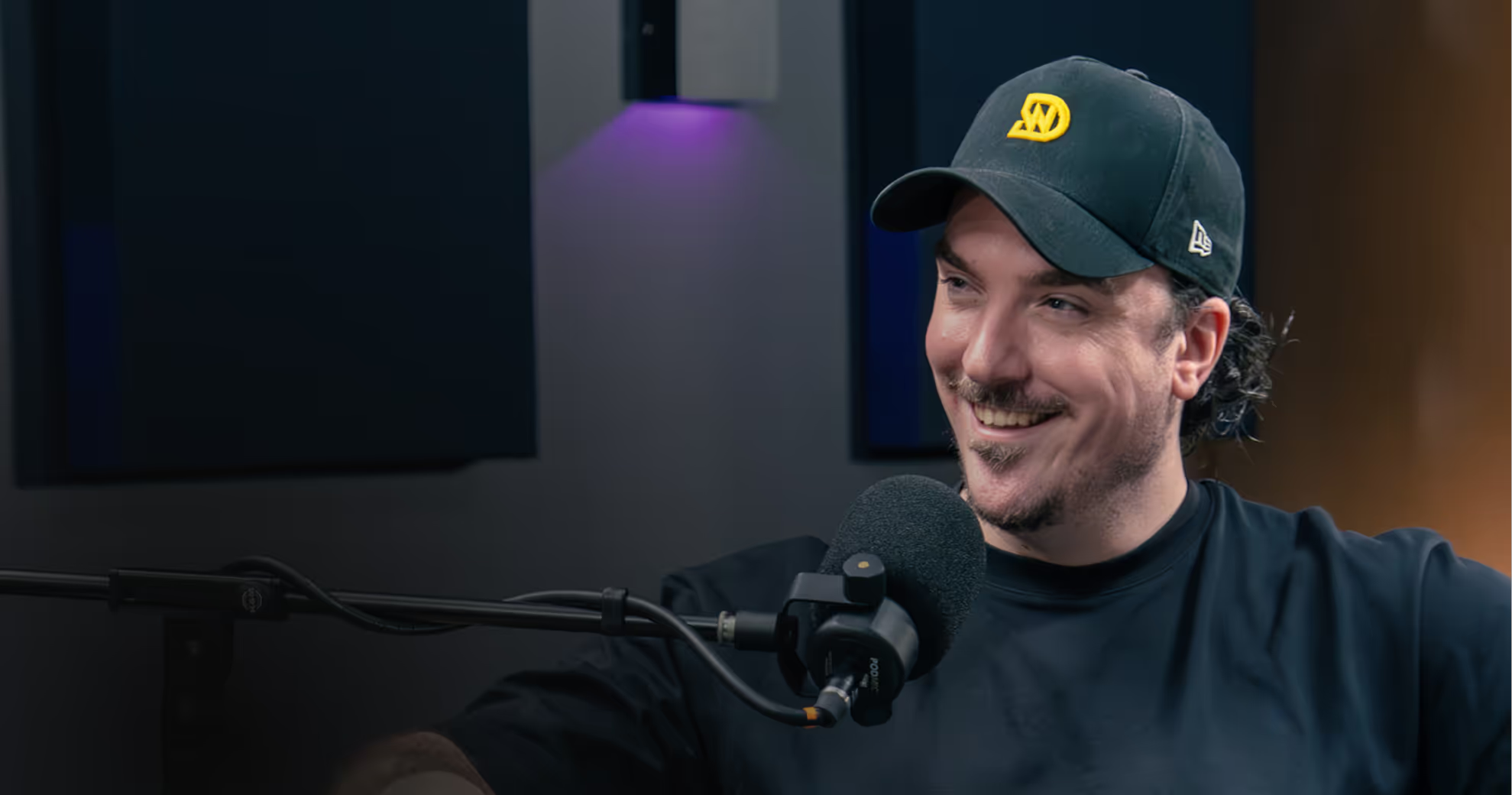
Work With Me
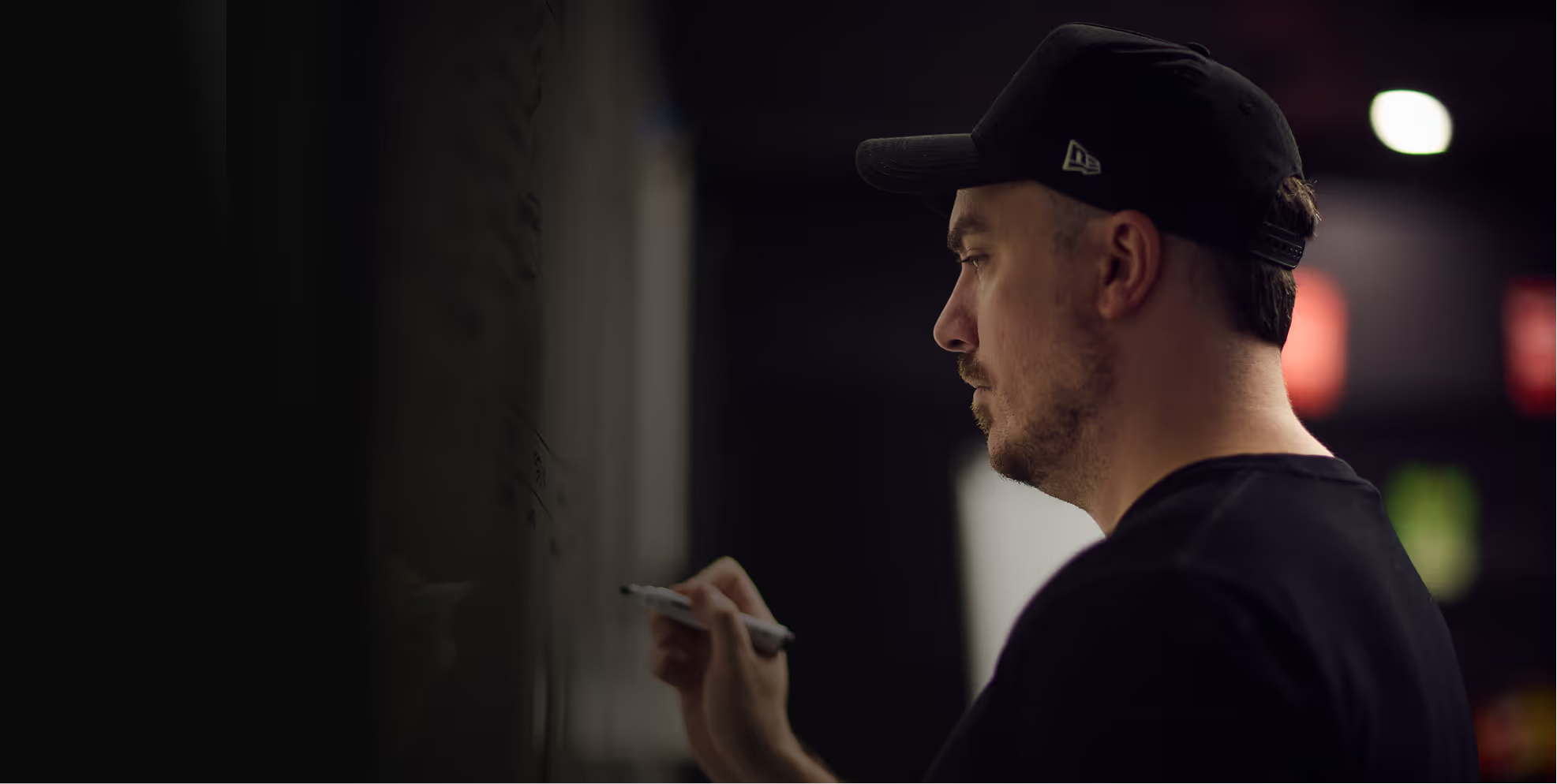
Enquire With Dain’s Team
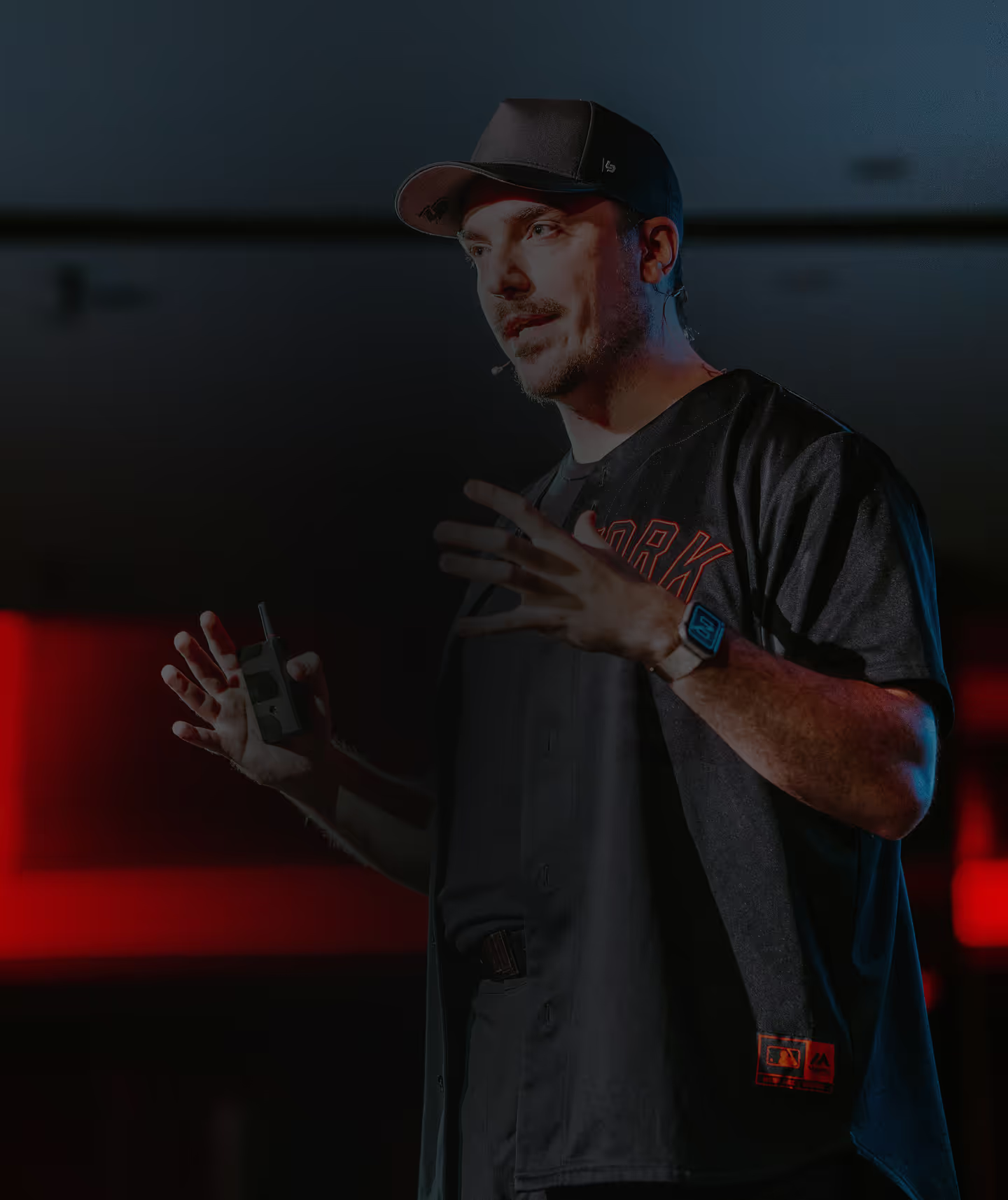
Enquire For Speaking

Let's Get You Branded
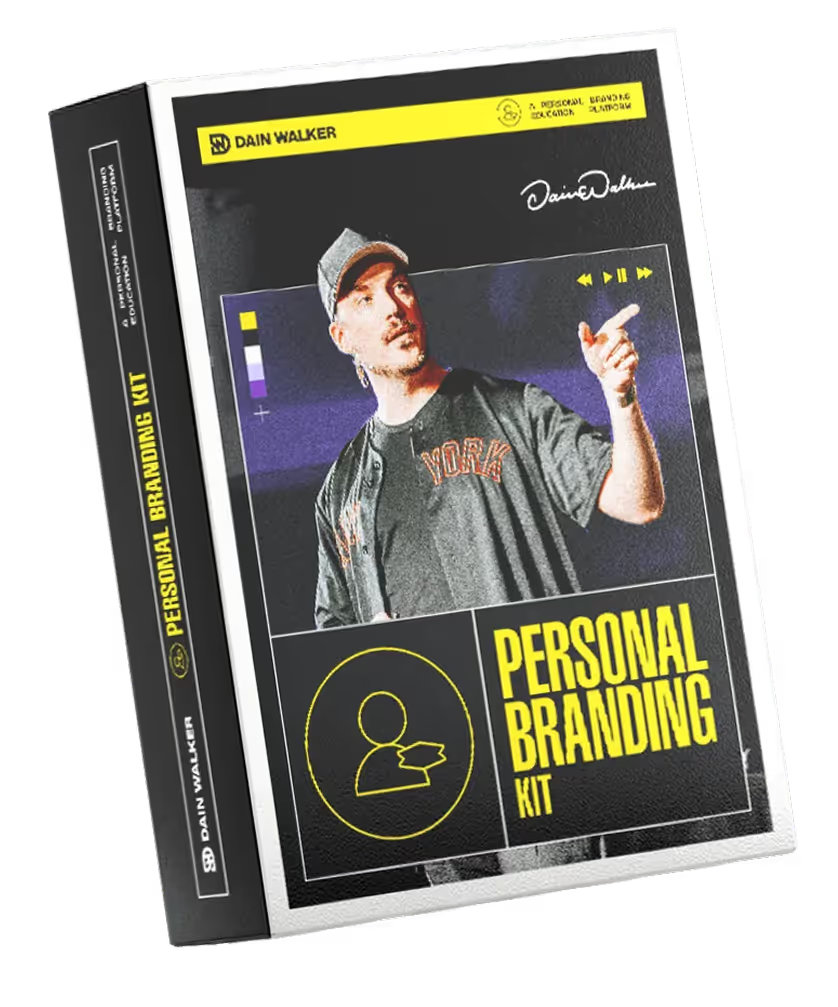
Apply to be a guest
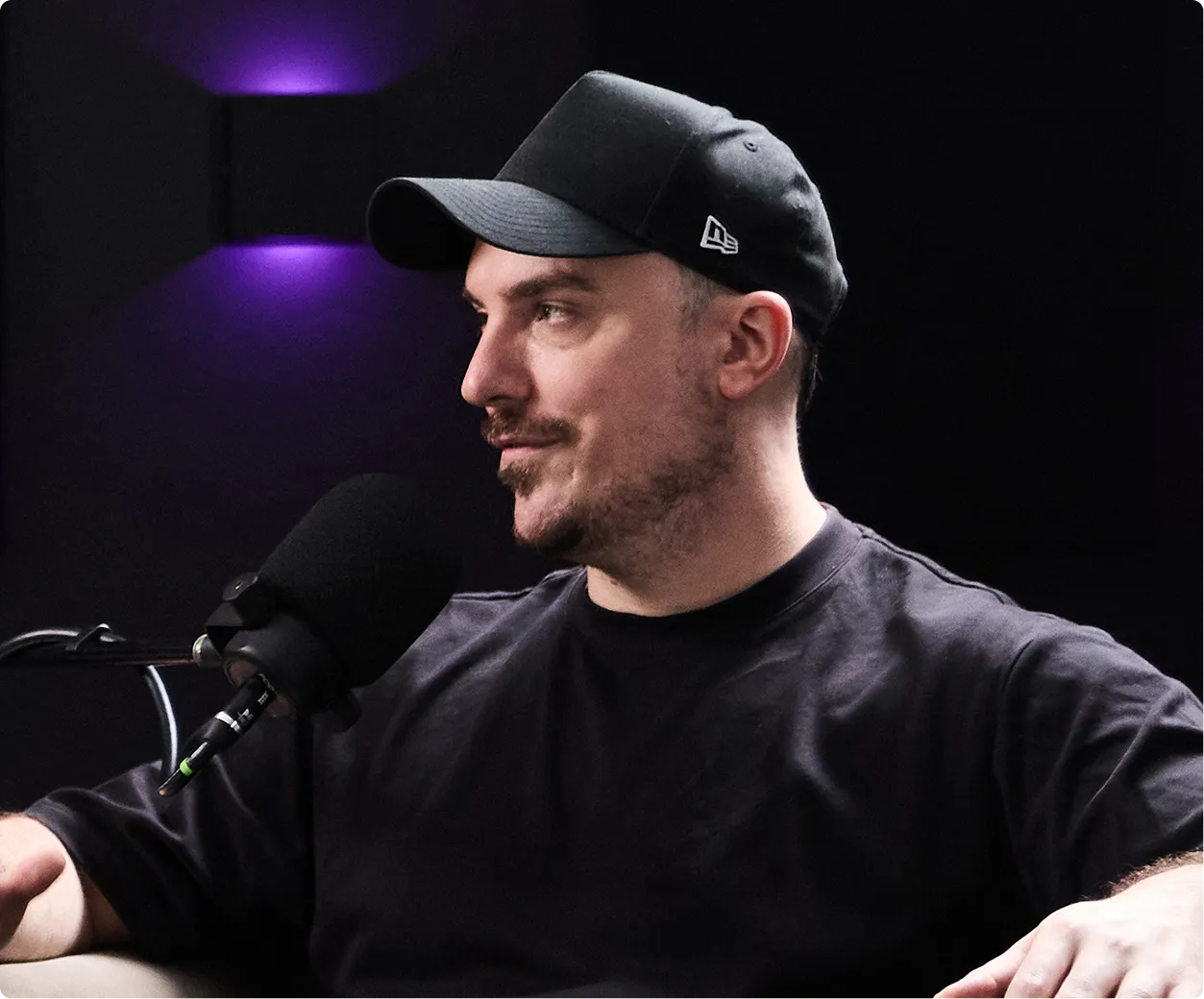
Dive into insights from industry leaders and experts.

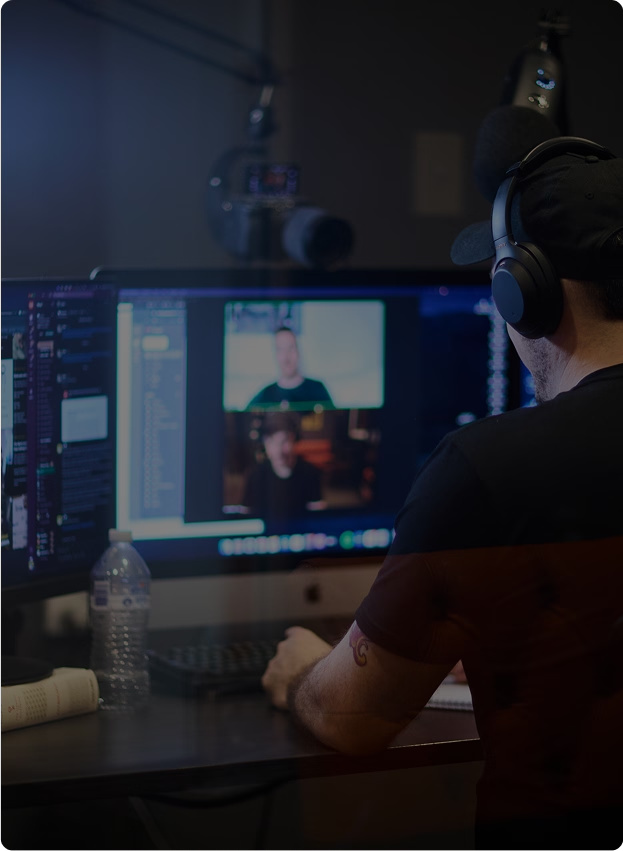
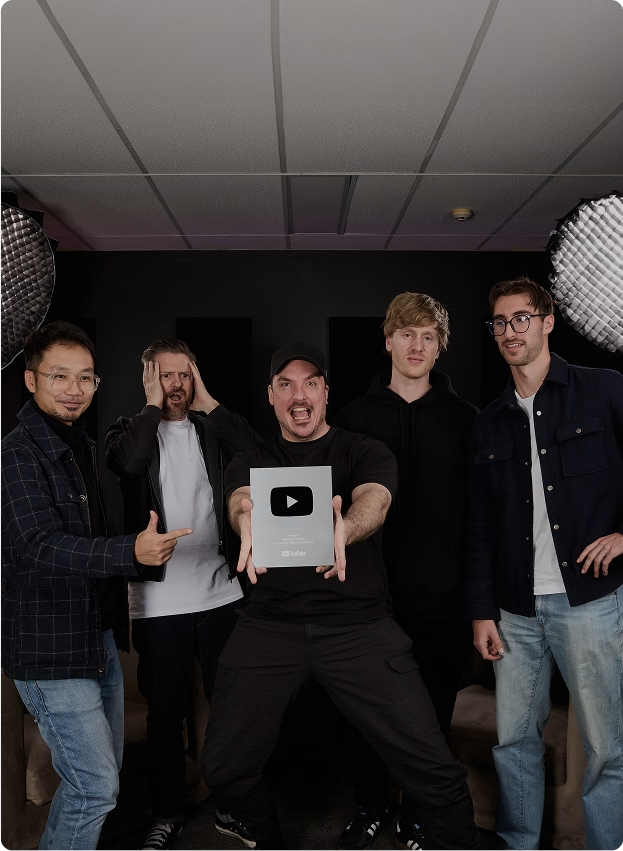
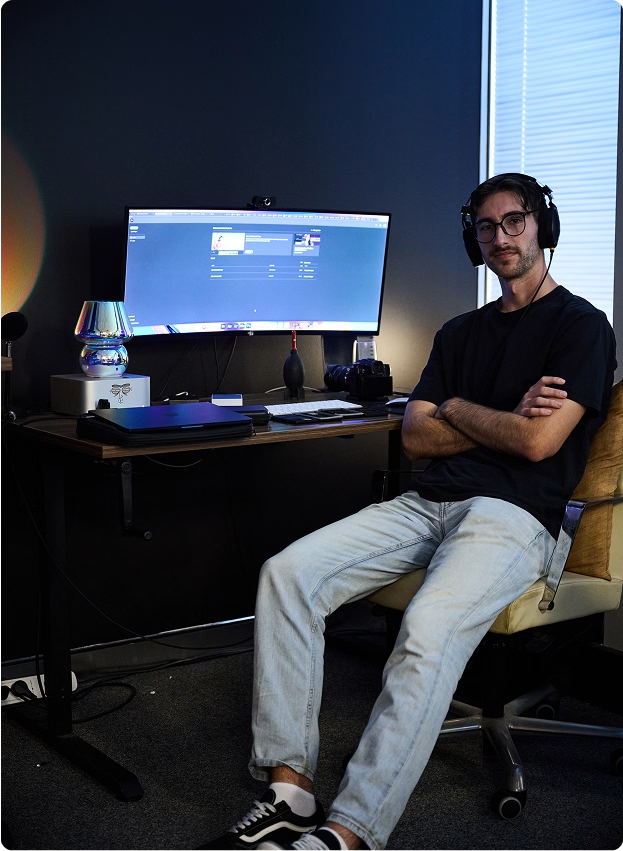
Stream now
Dive into expert advice and industry trends.
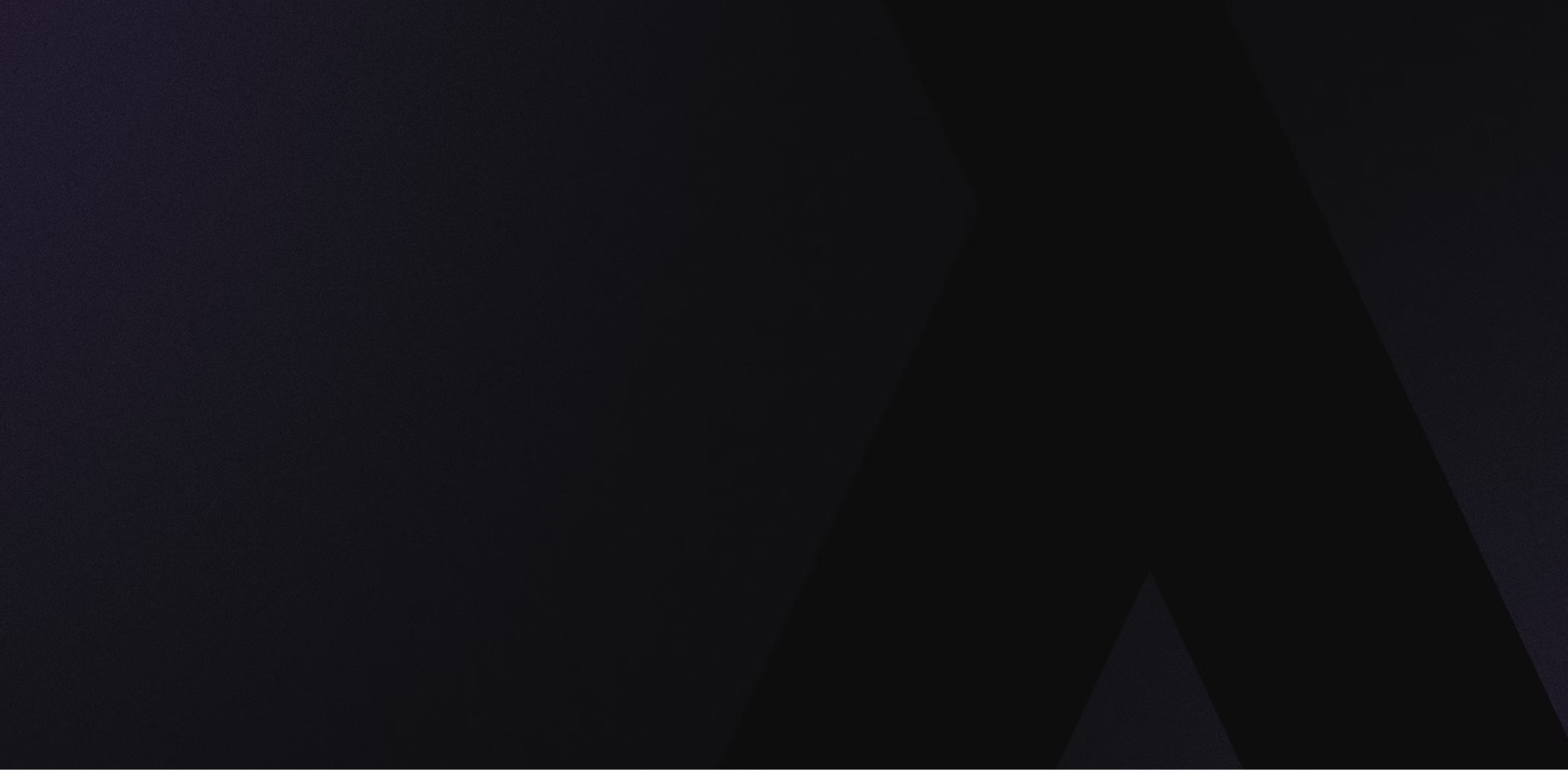

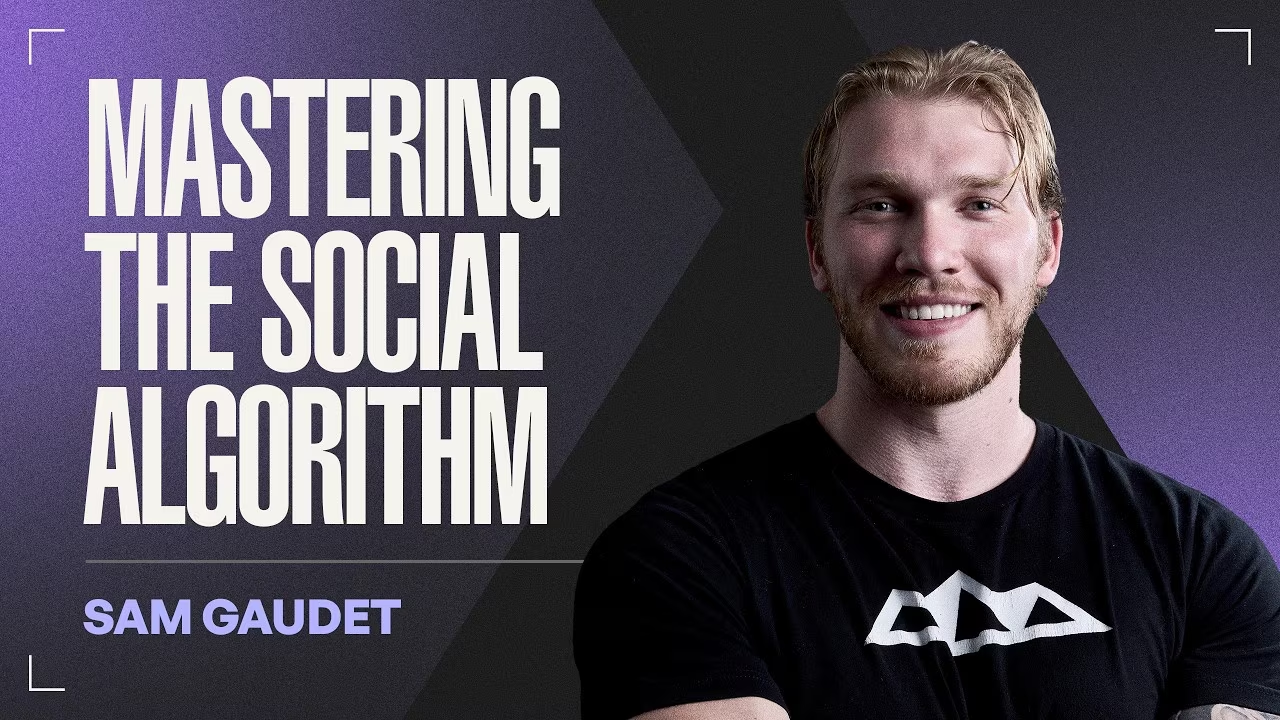
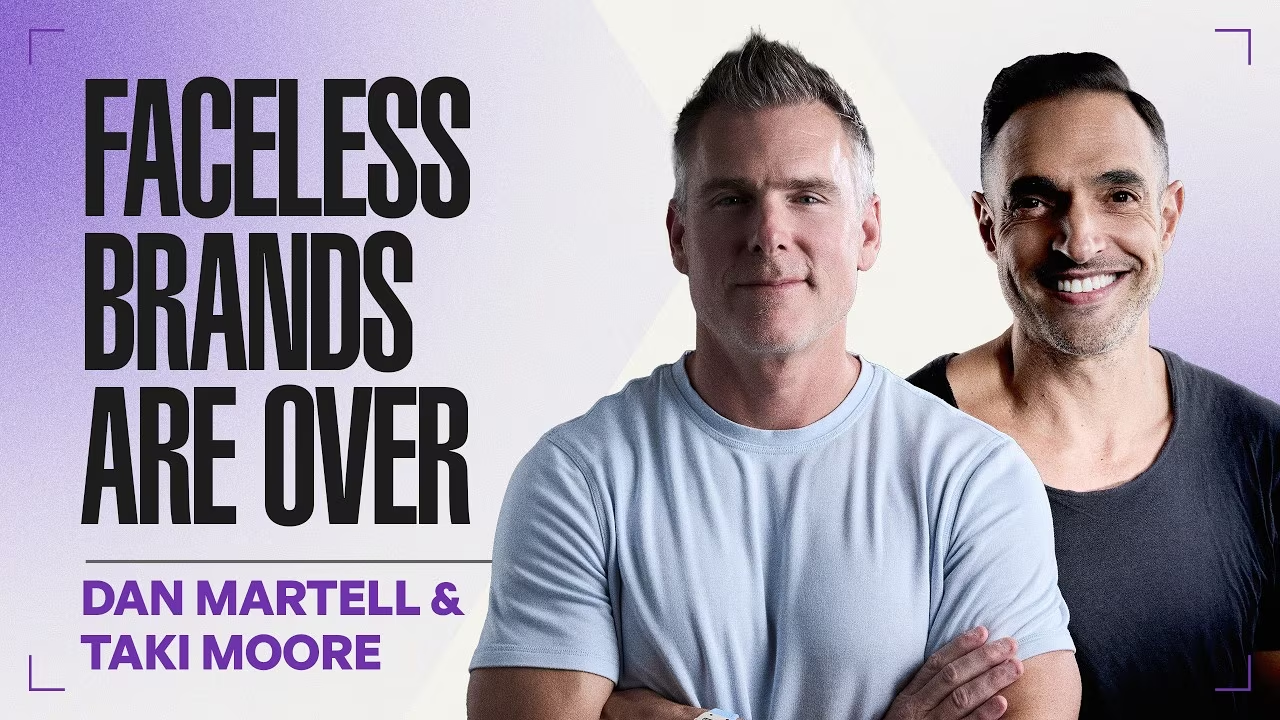
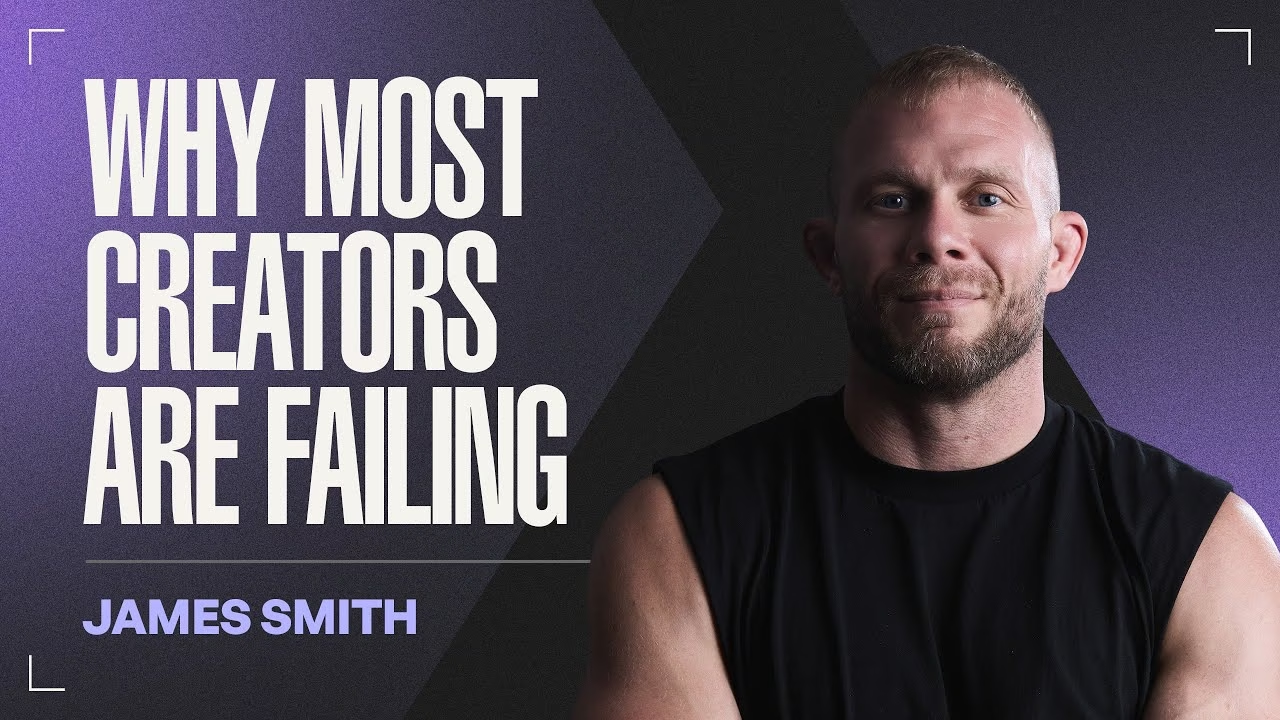
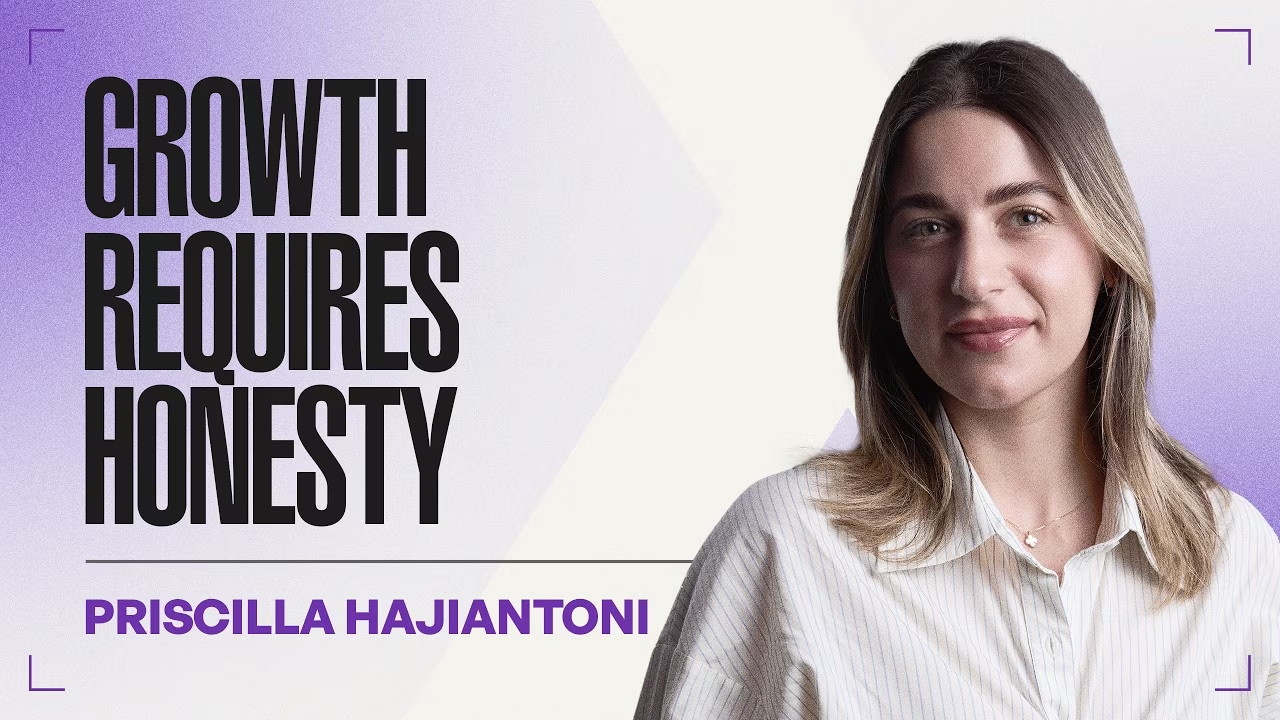
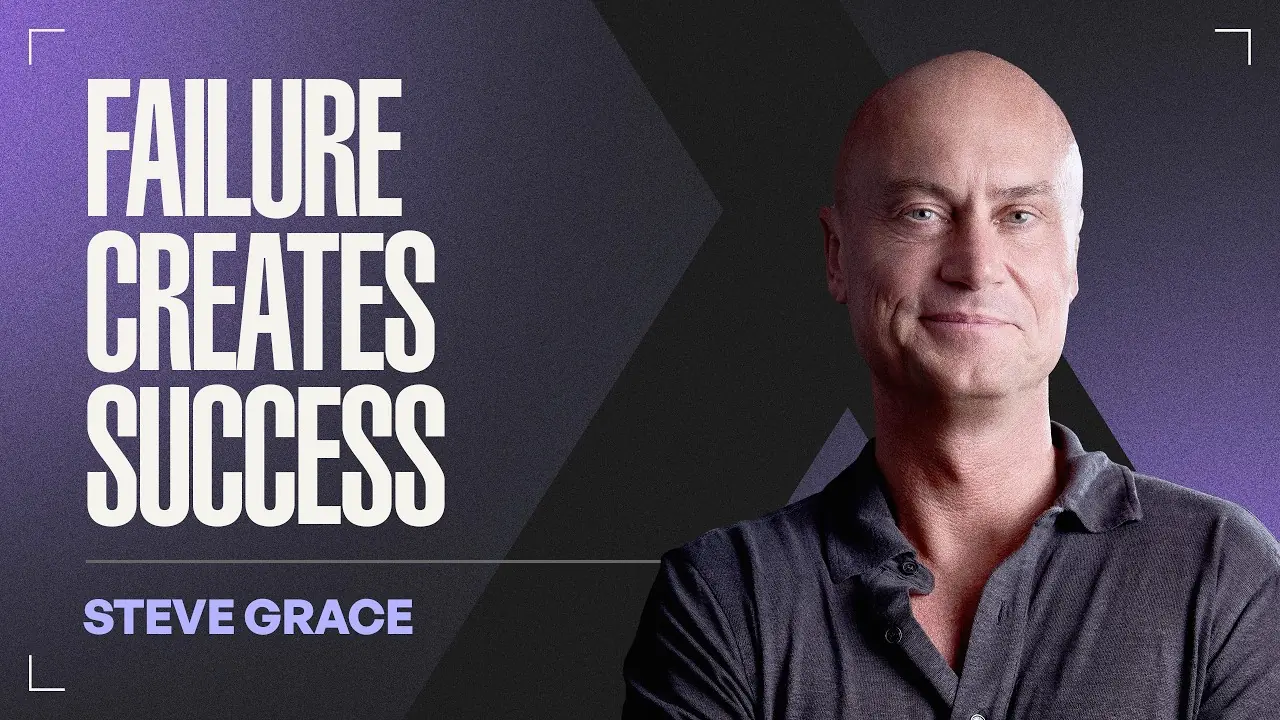
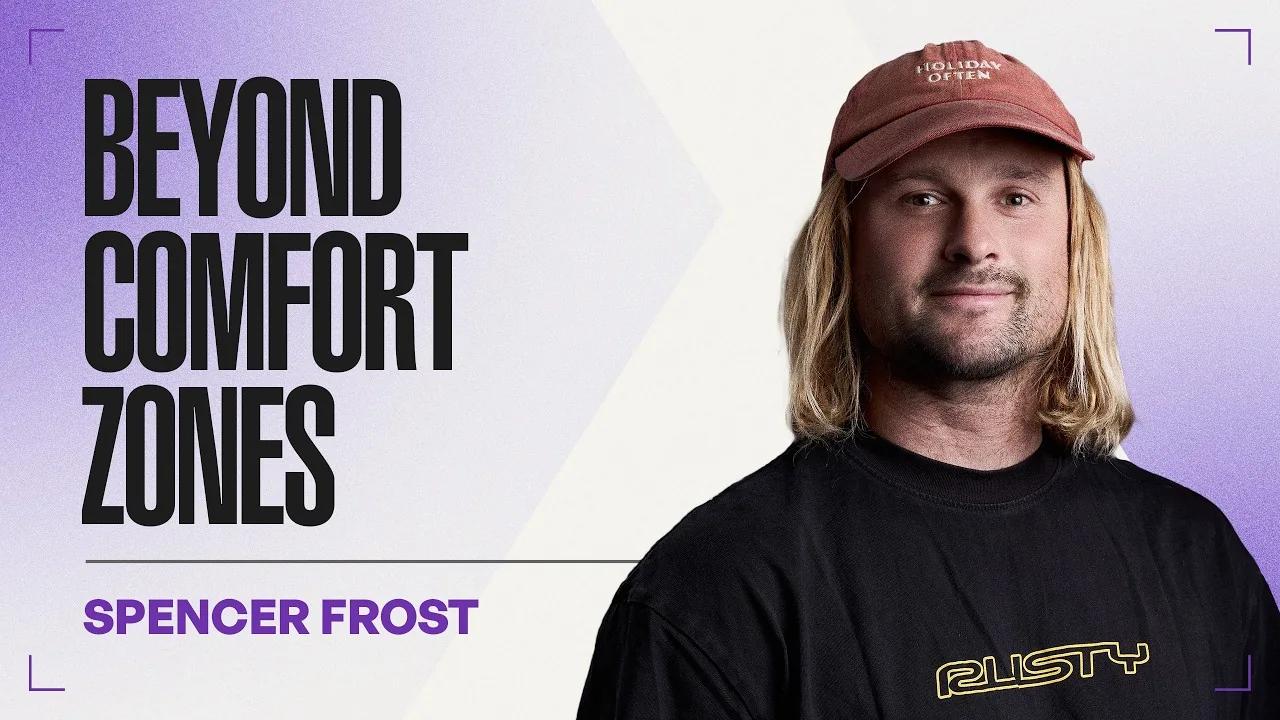
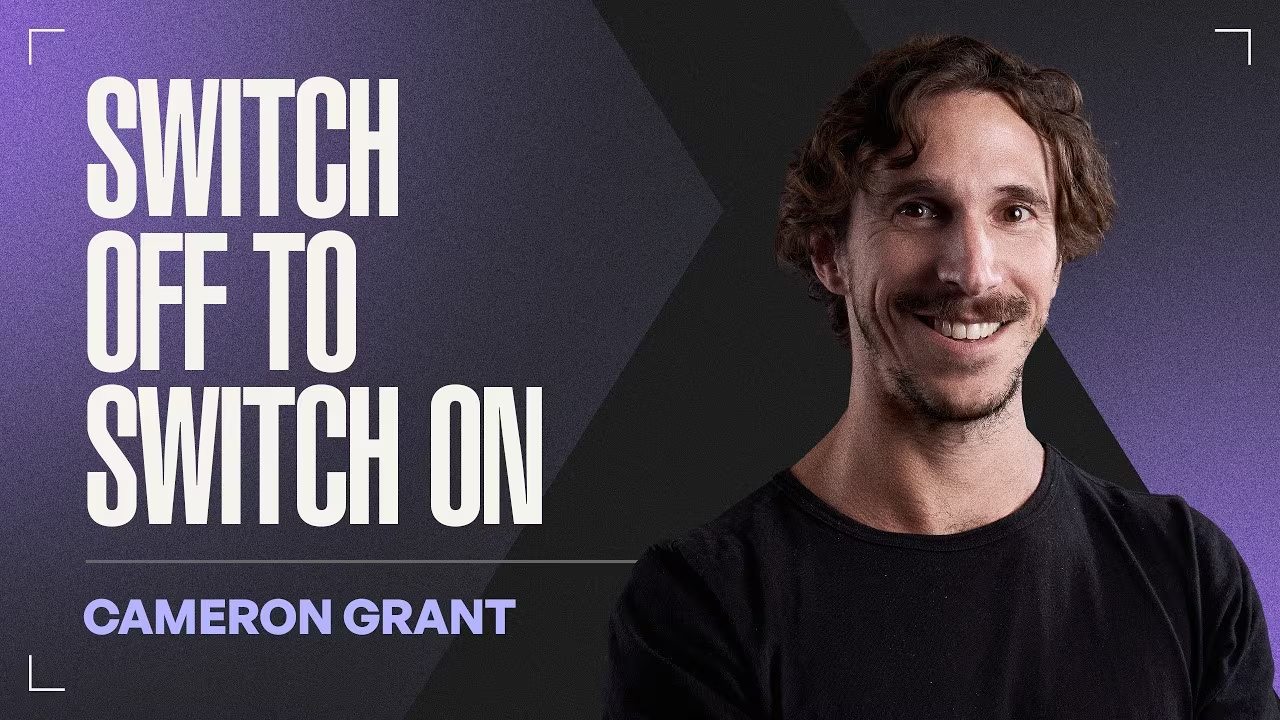
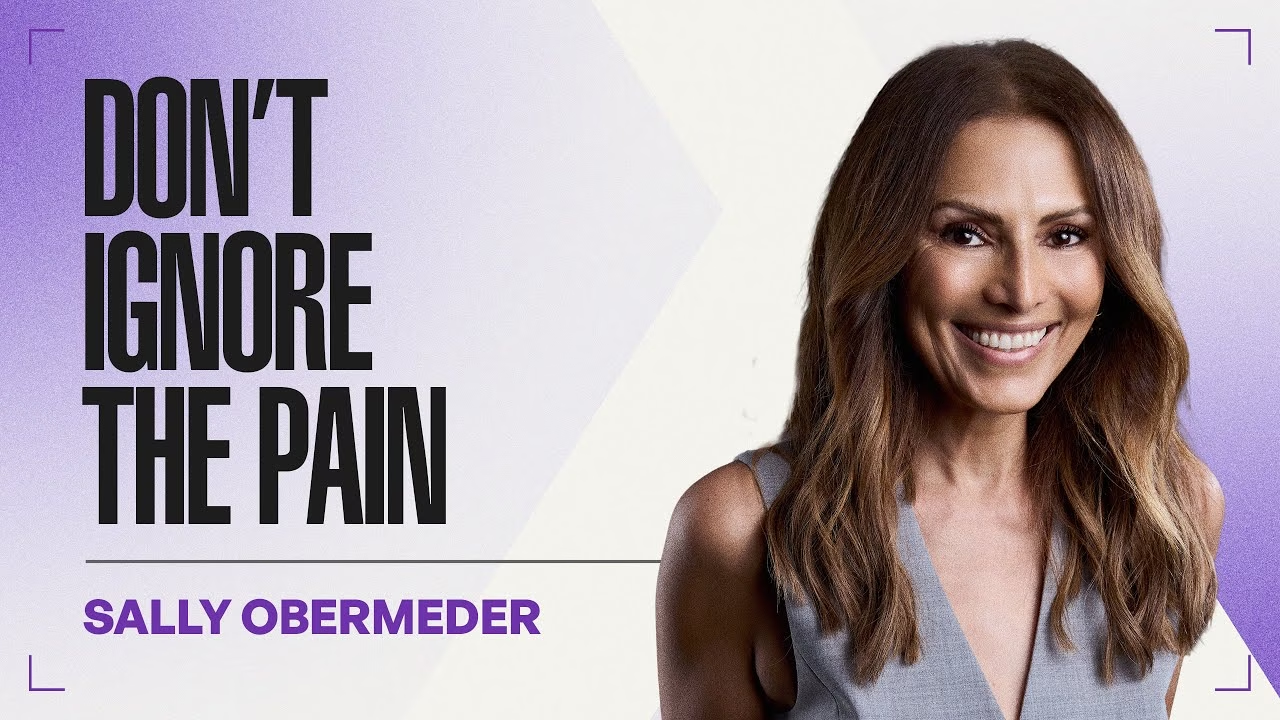
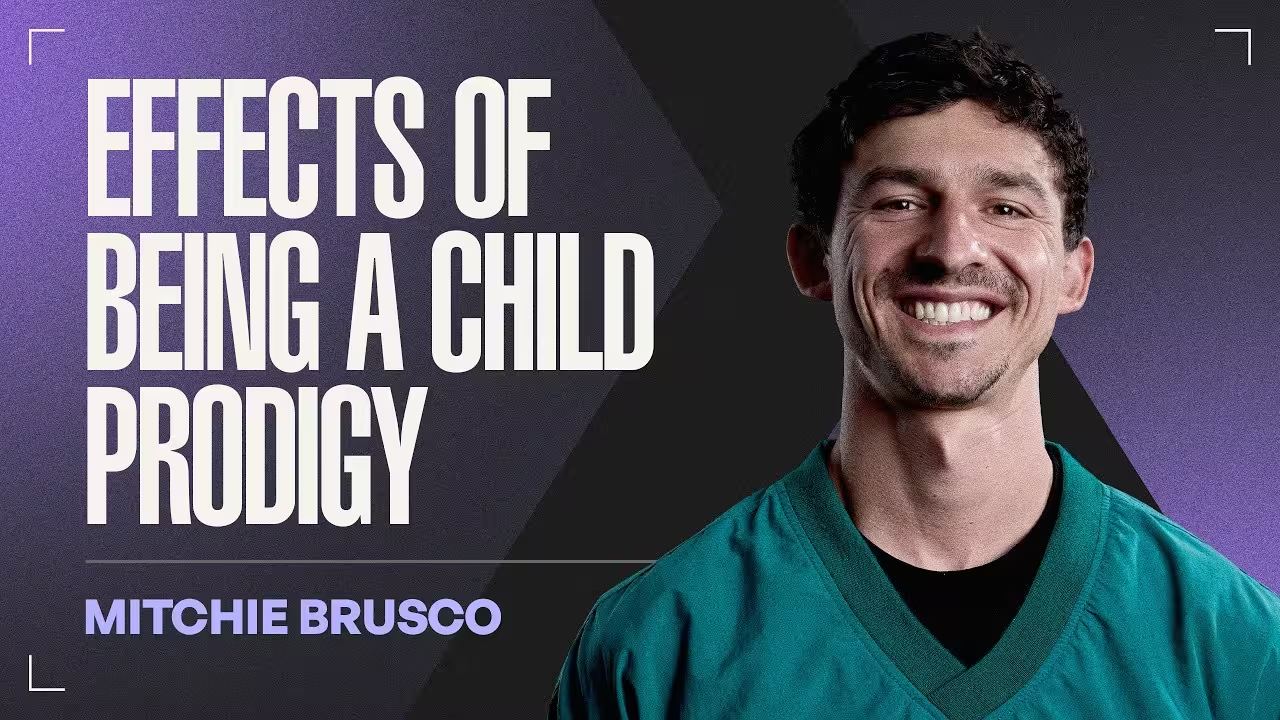
.avif)
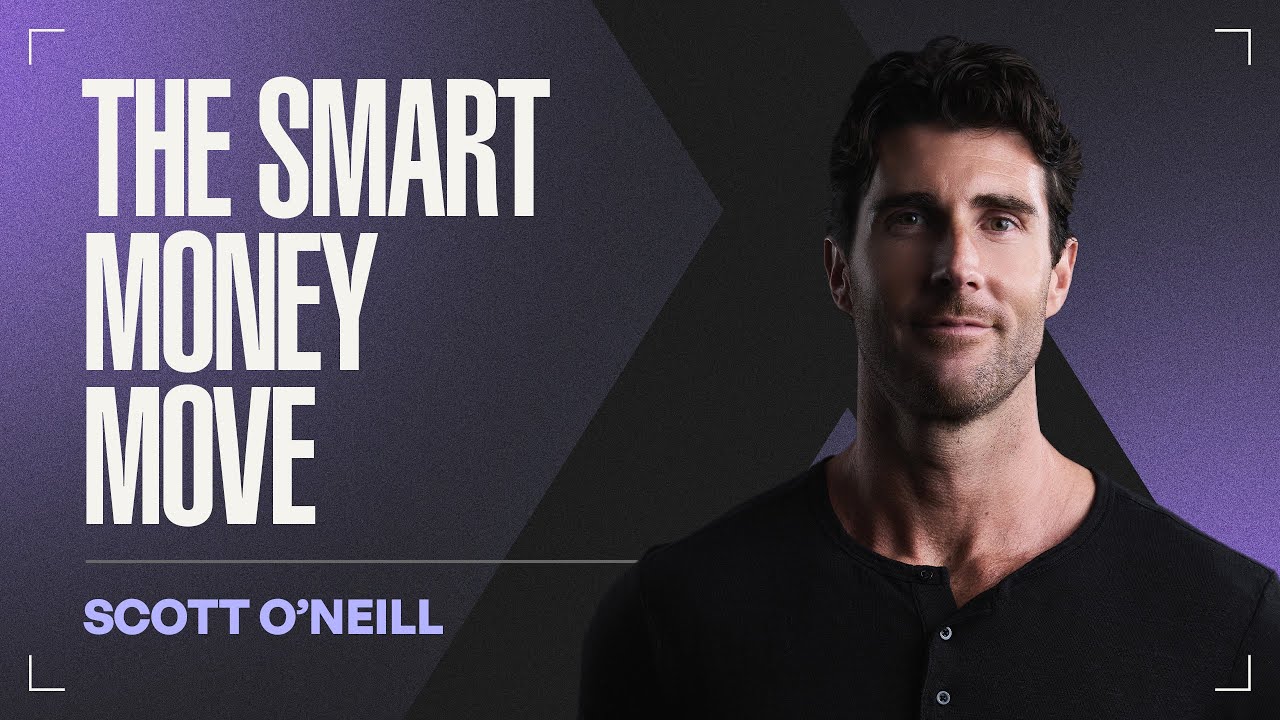
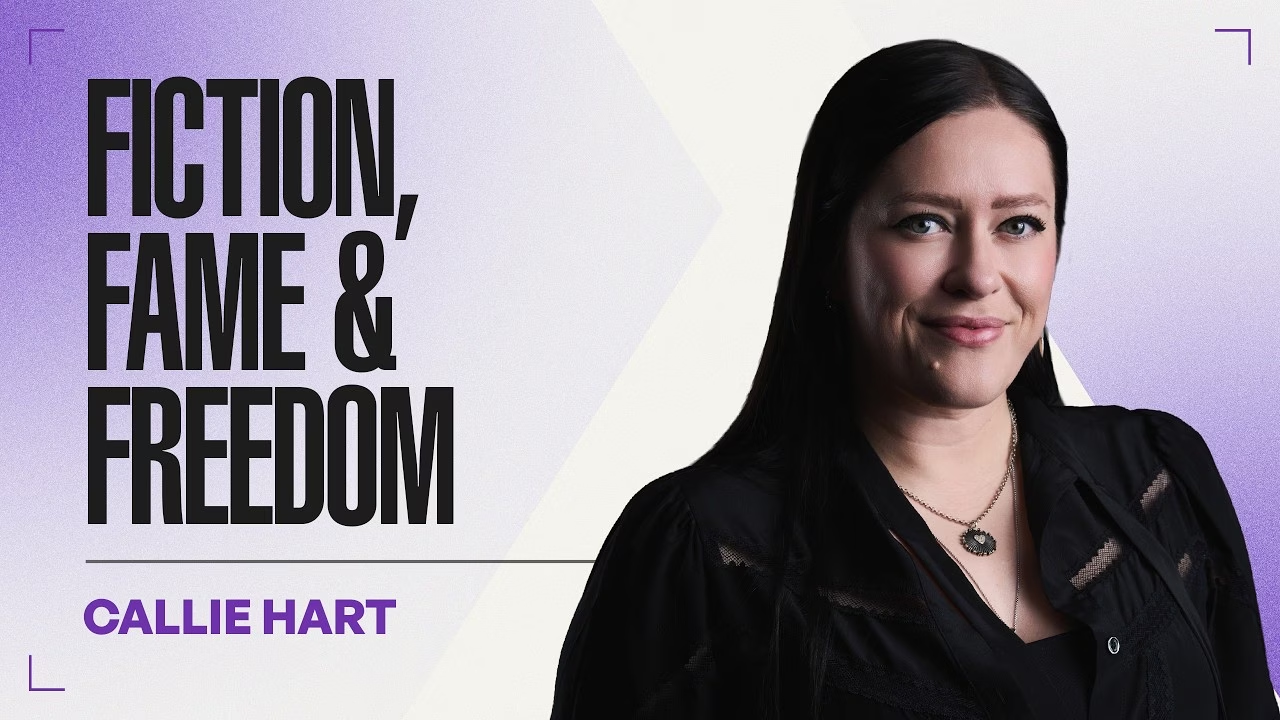

.avif)
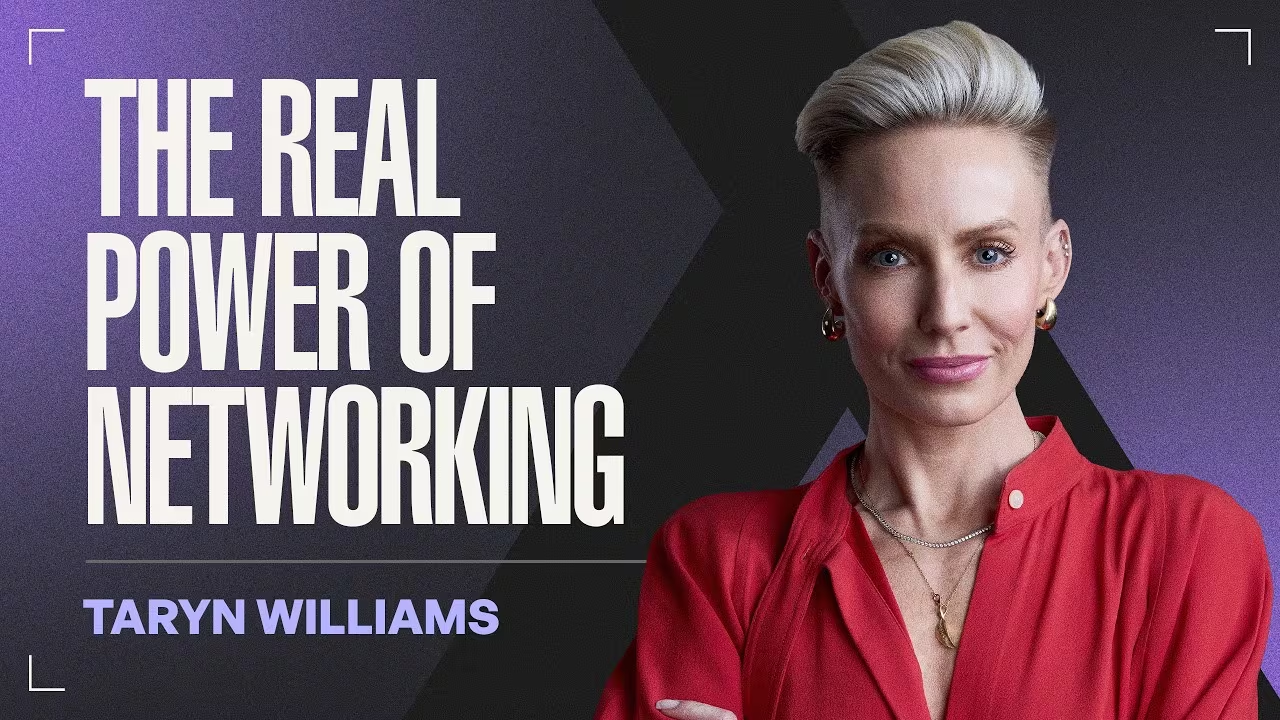

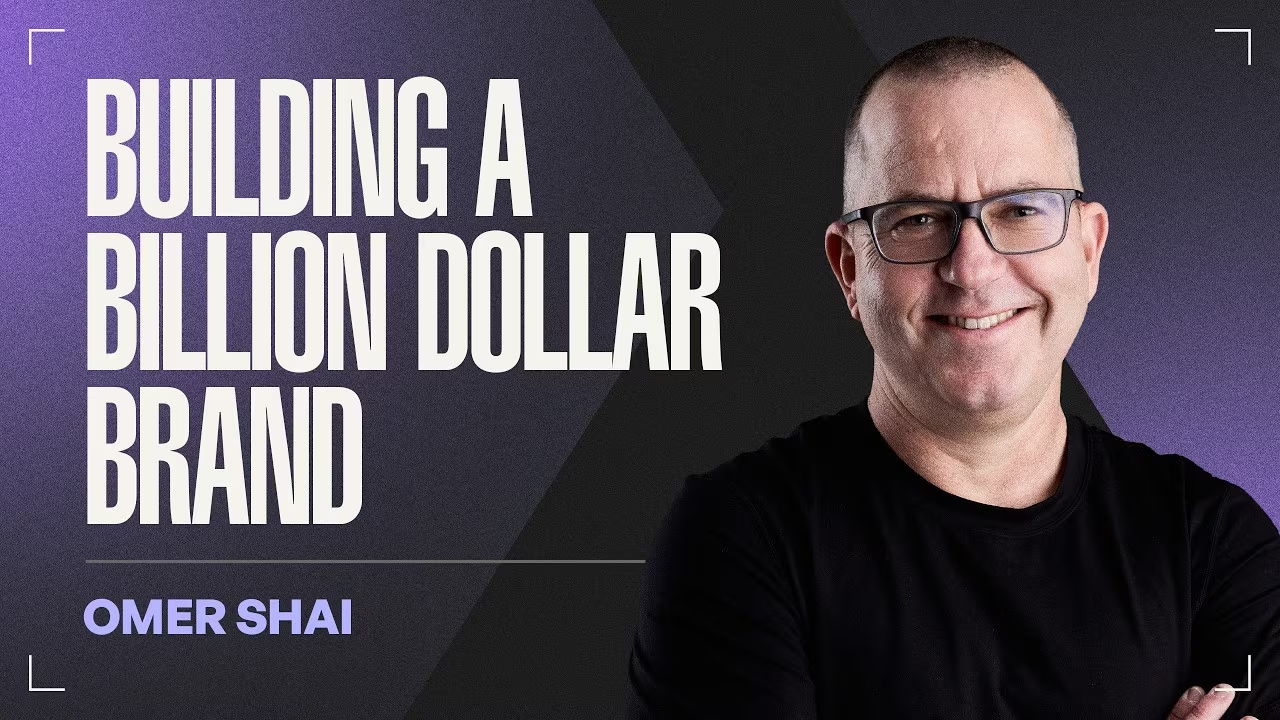
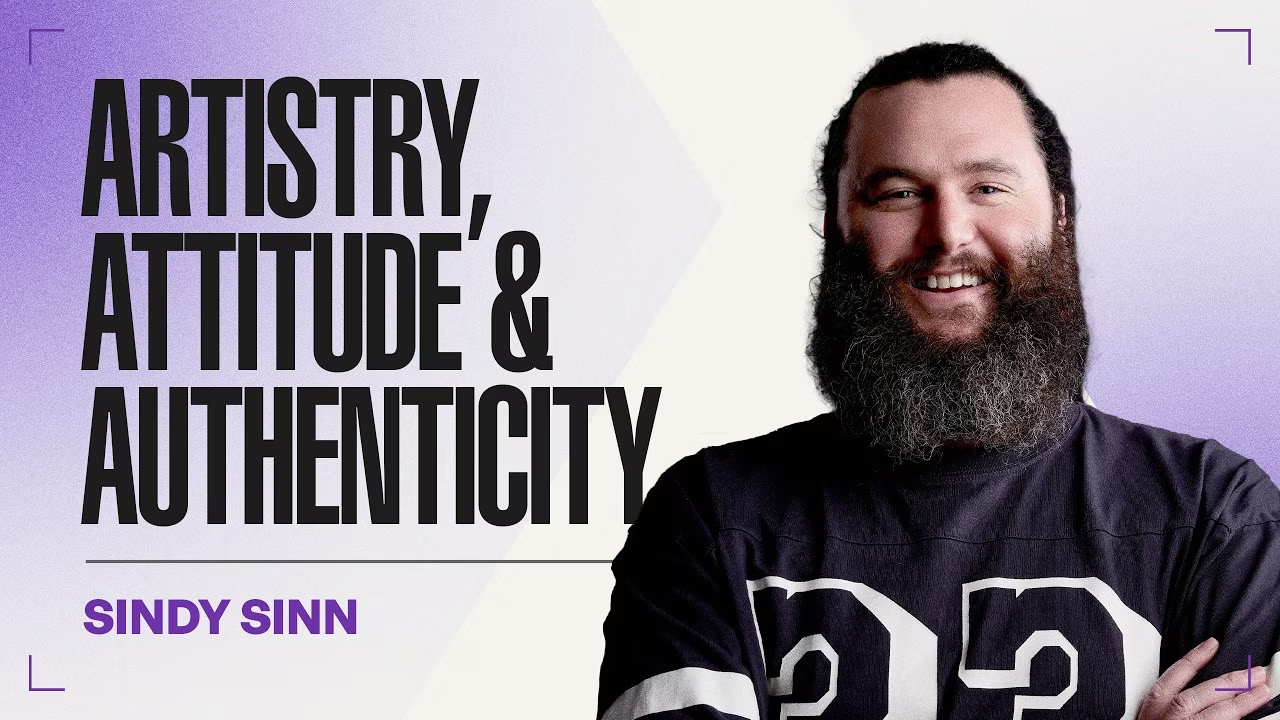
%20(1).avif)
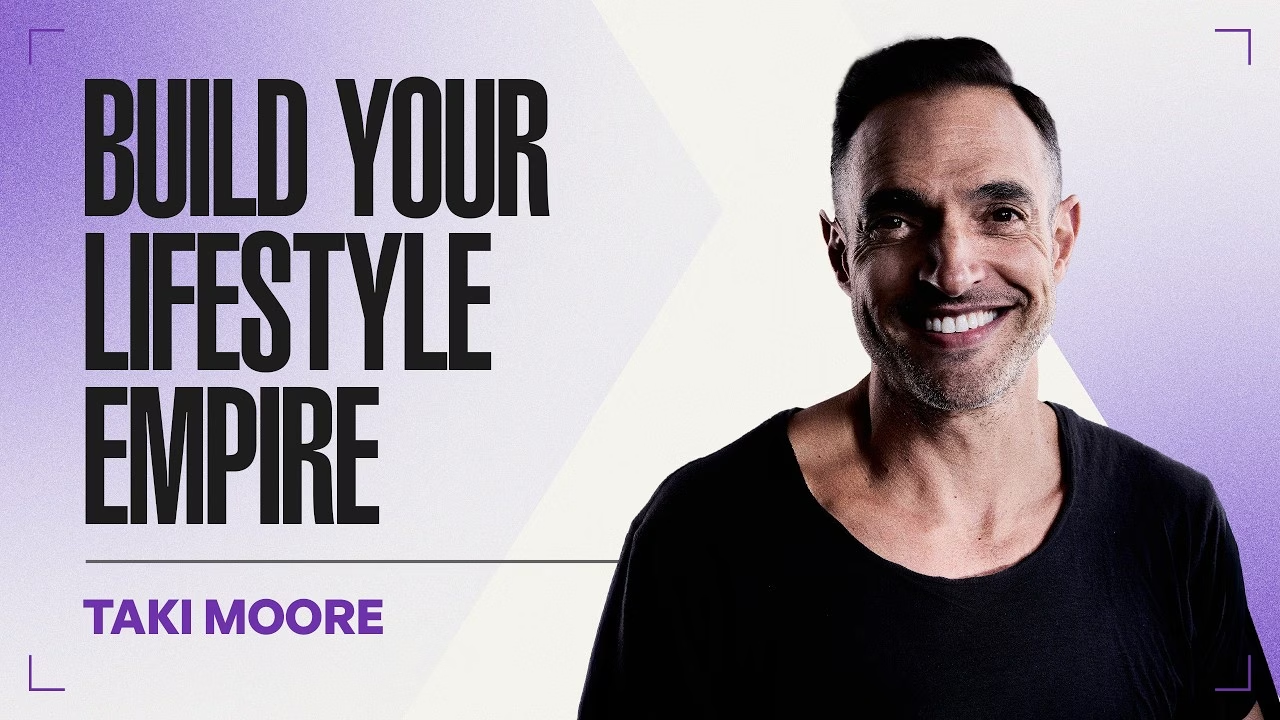
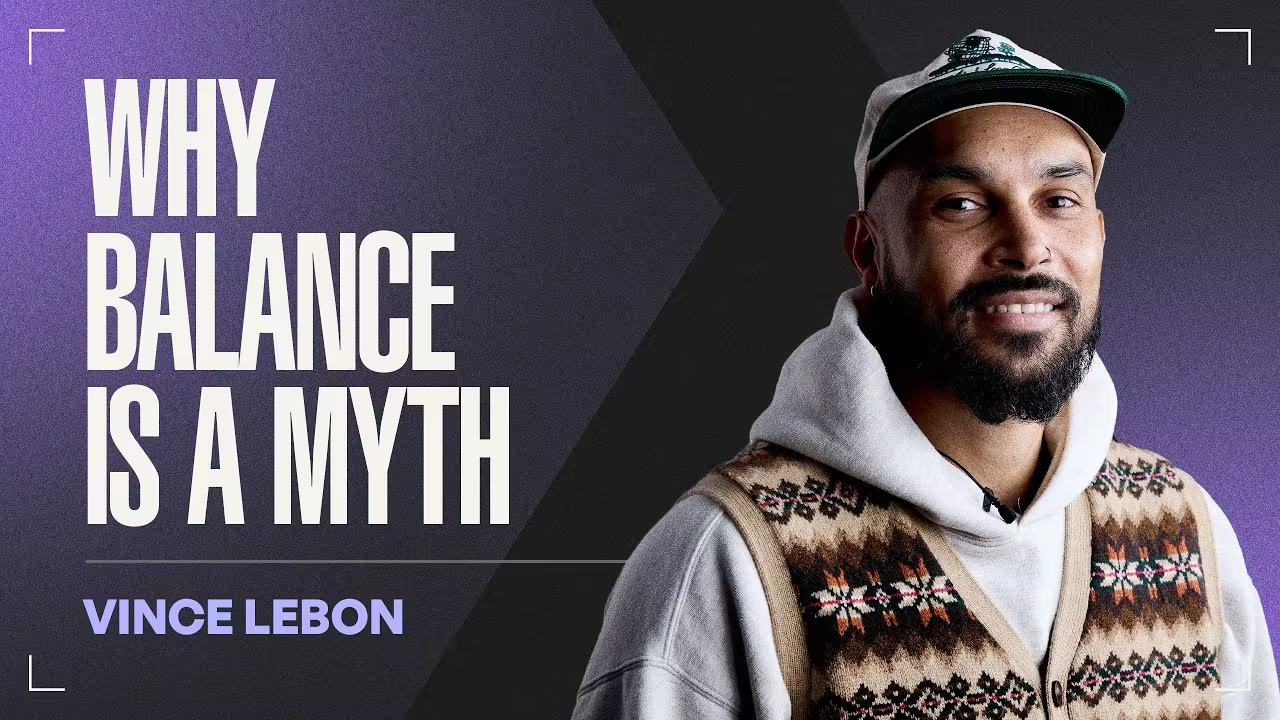
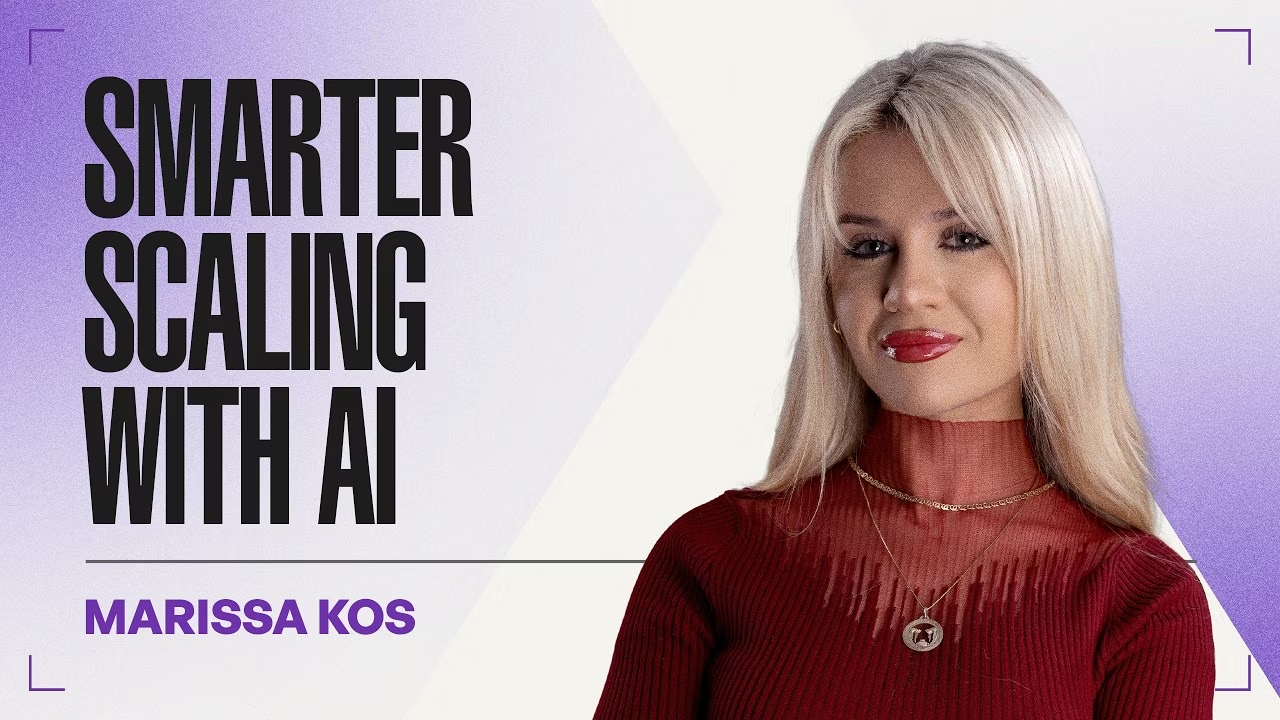
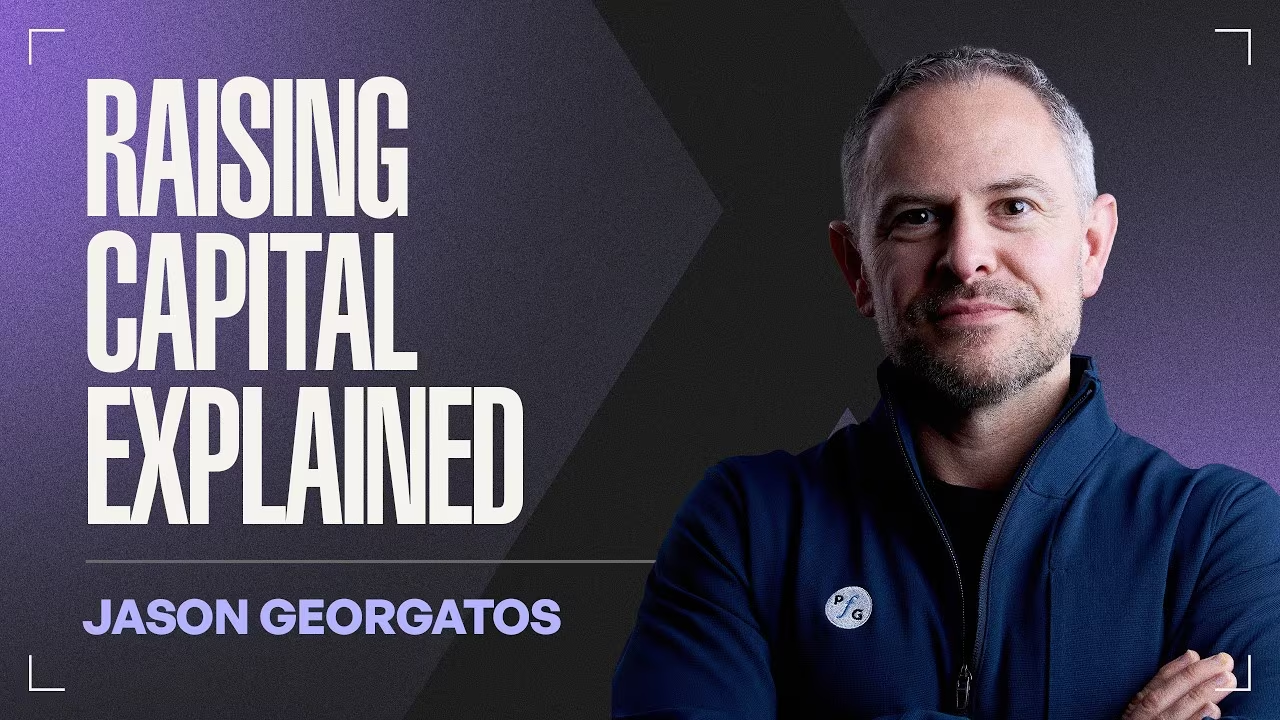
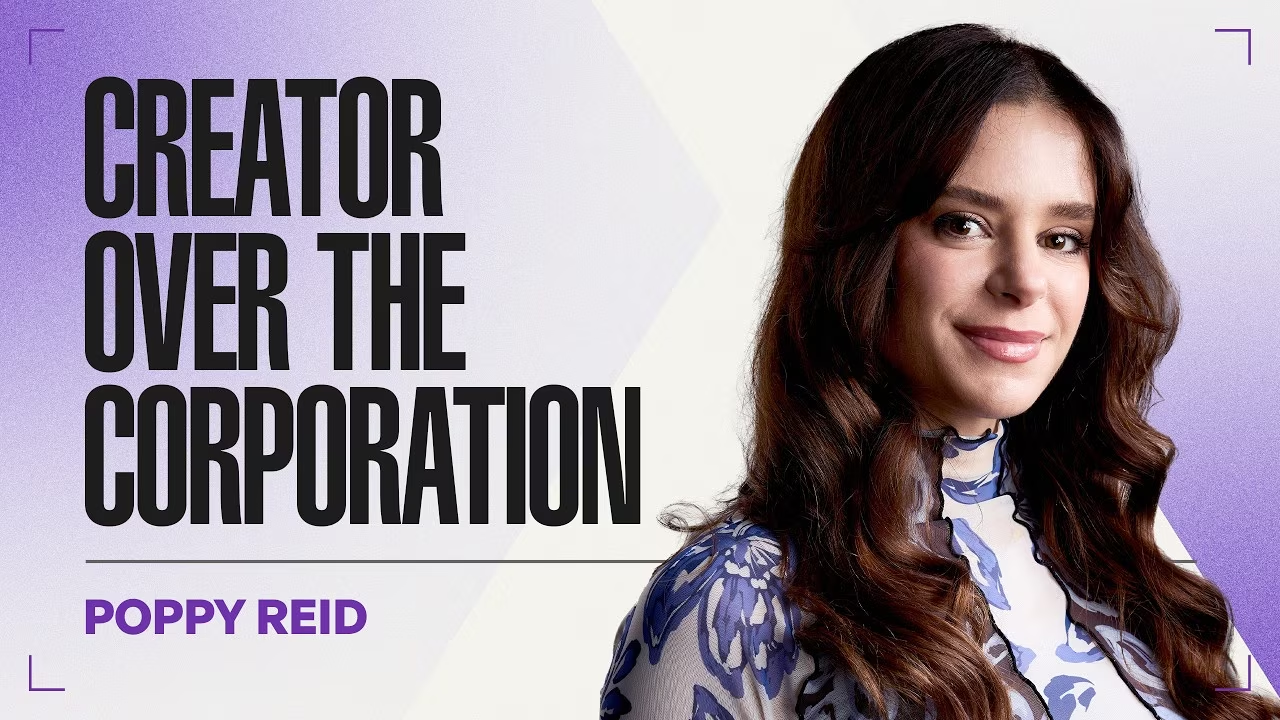
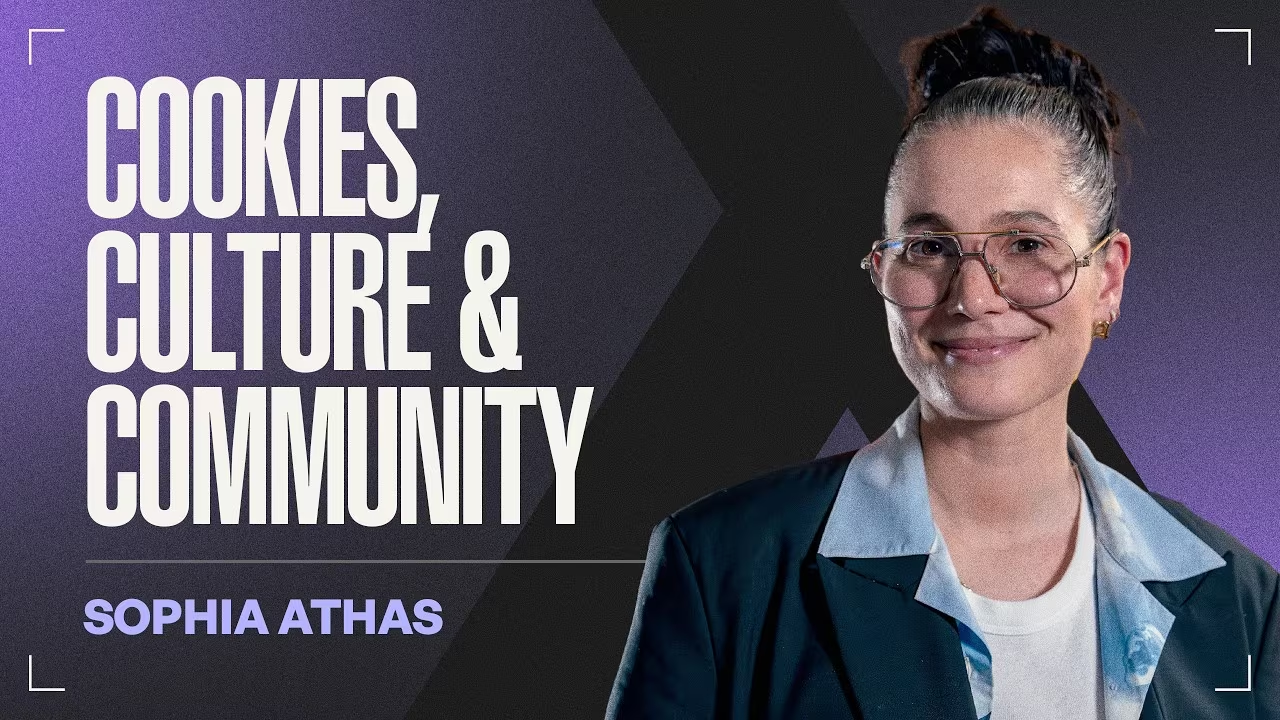

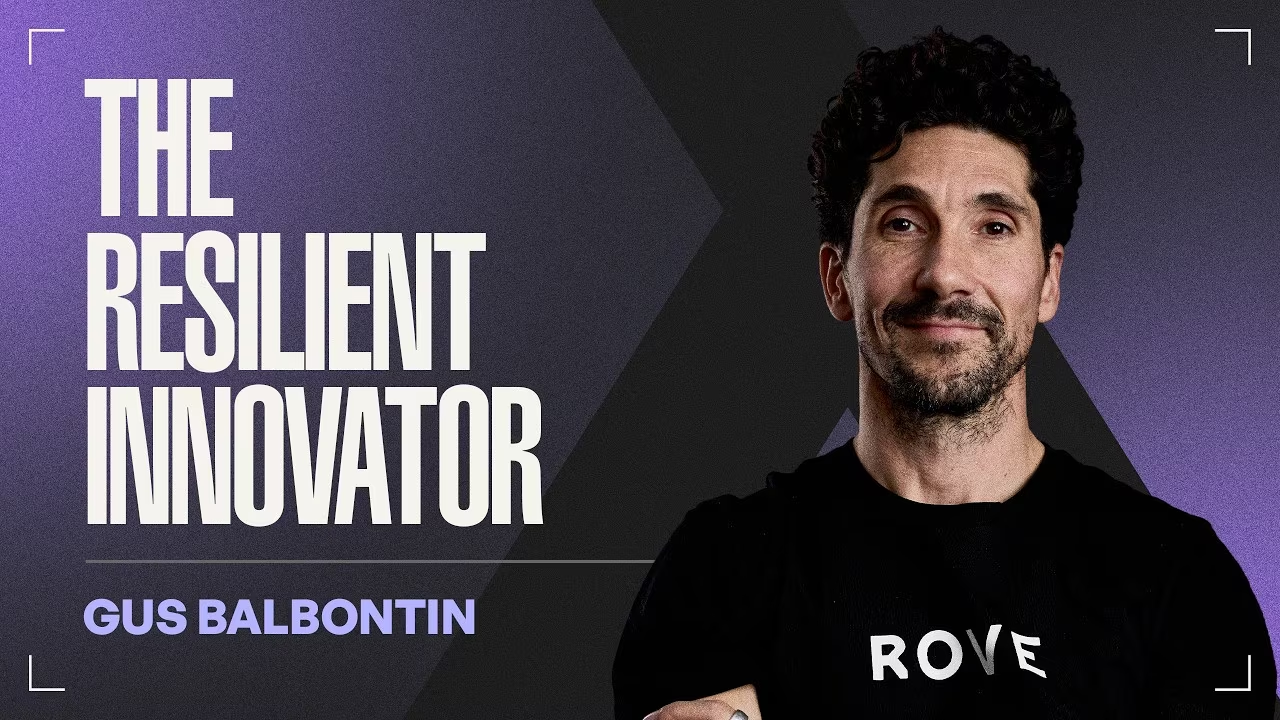
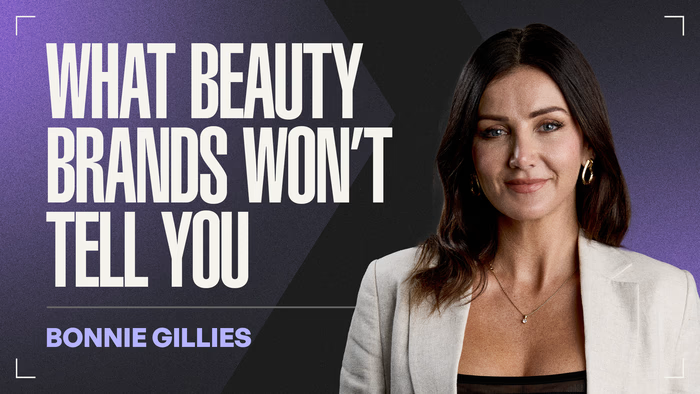


.avif)

